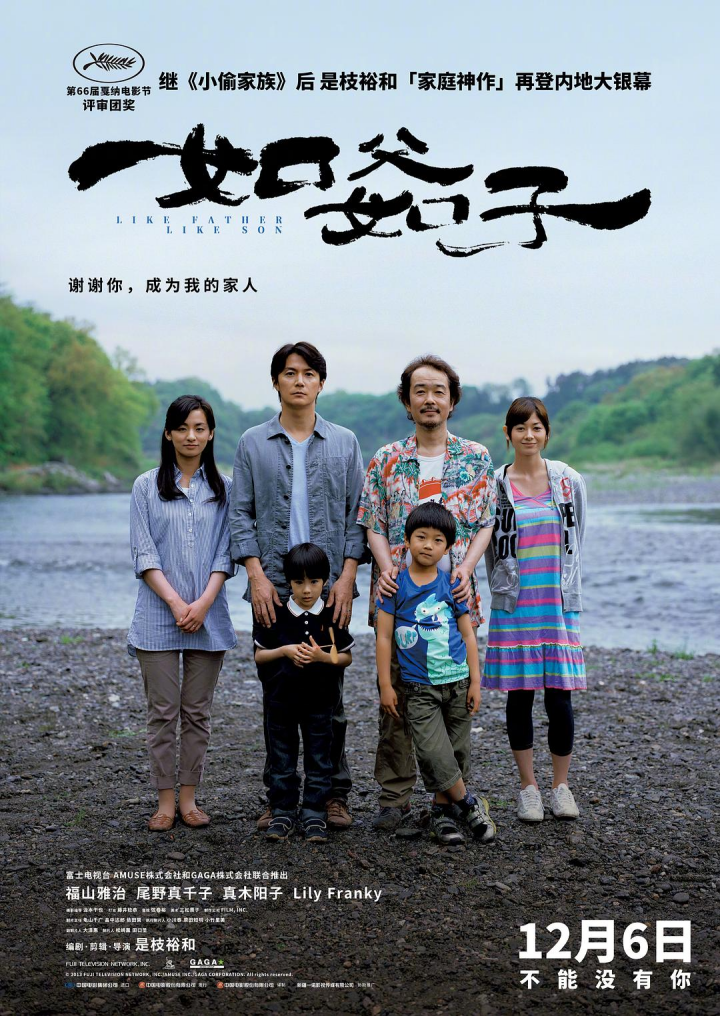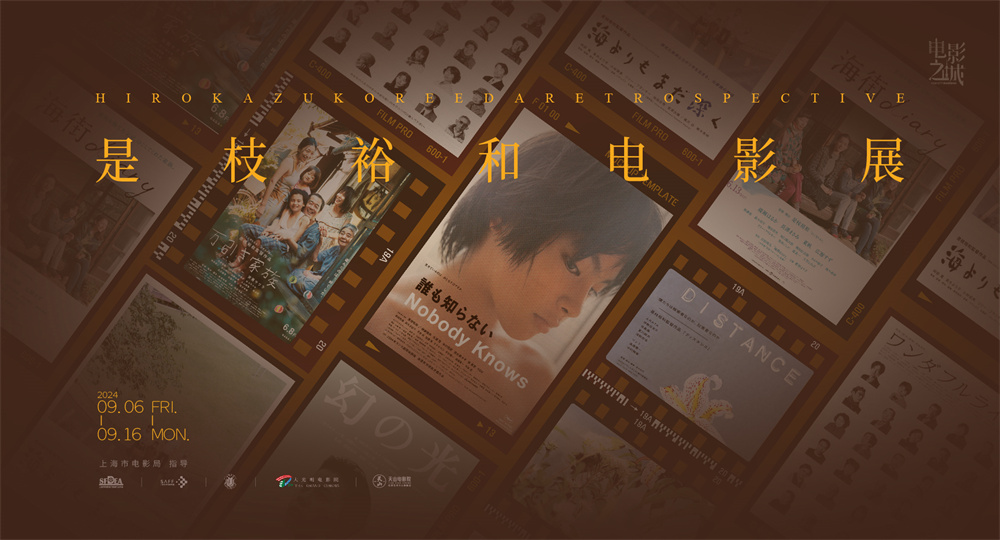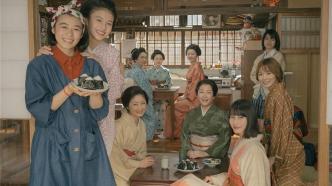
Before the Chinese New Year, Hirokazu Kore-eda's debut online drama "The Maiko Cooker" was released on Netflix. This is a 9-episode short drama about "Maiko development". As soon as the play was aired, there were many controversies: some people praised the rich and varied beauties and delicacies in the play, and some people hated the cultural dross of training teenage girls to dance and accompany wine-this is indeed the quality of Hirokazu Kore-eda’s work, which allows moral people to see the trial , Let the temperamental people see the aesthetics.
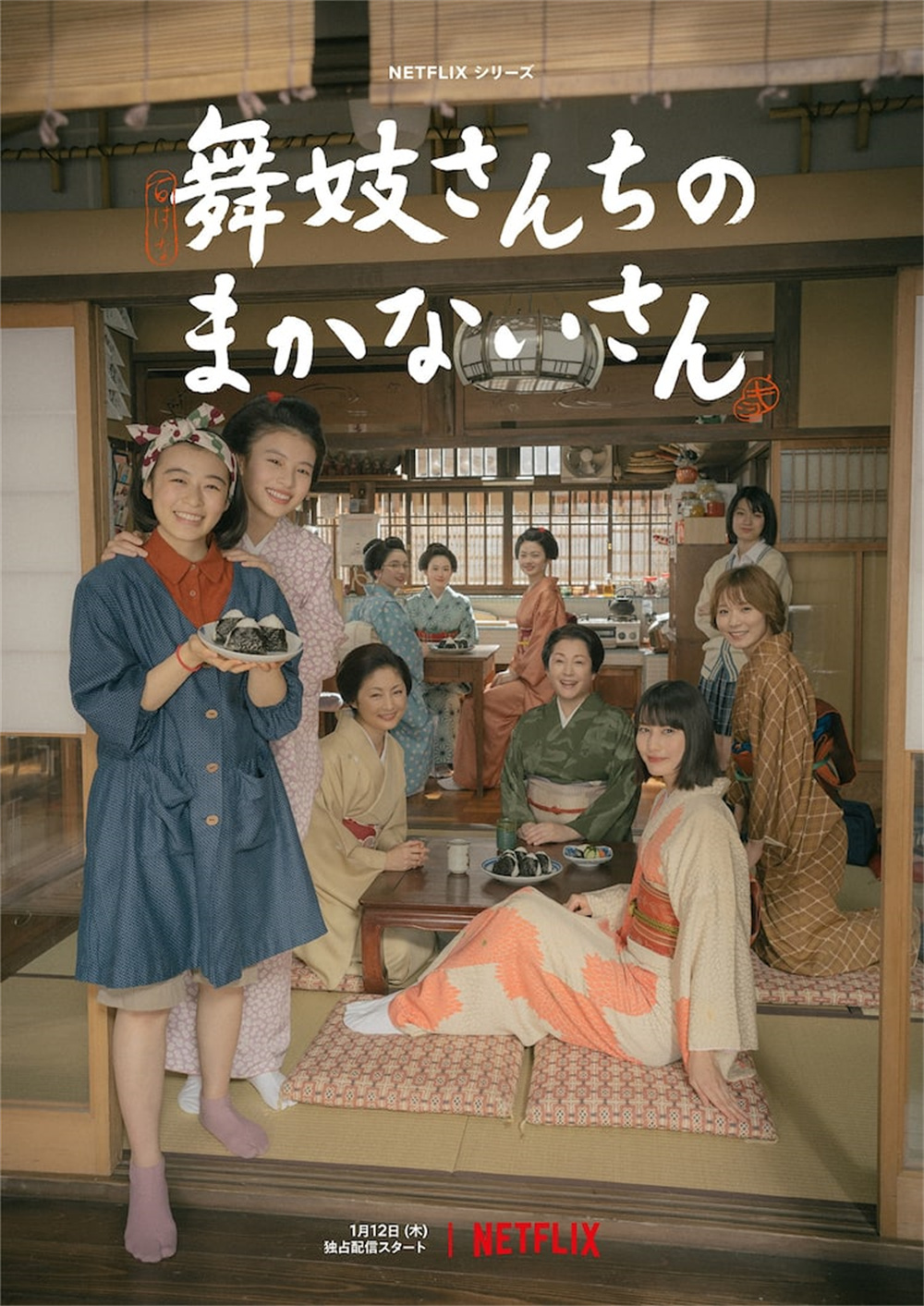
"The Maiko Cooker" poster
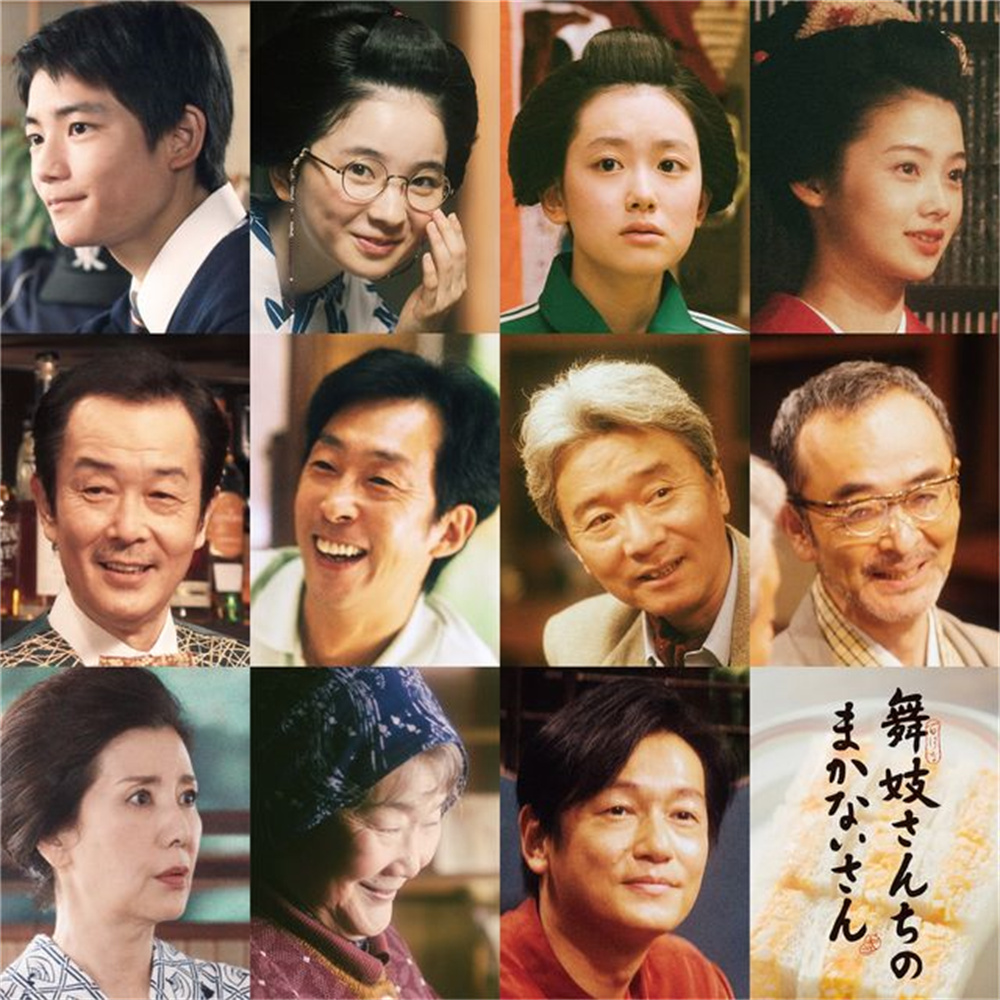
"The Maiko Cooker" tells the story of a "supporting role". It is adapted from the manga of the same name by the manga artist Aiko Koyama. Old partners Masaya Nakagawa and Shin Jingura came to make guest appearances, and cp Ai Hashimoto of "Little Forest" and Mayu Matsuoka laughed and fought to continue their relationship.
It is worth mentioning that the show presents "beauty" to the extreme. In the shots where the hair is close-up, the audience can appreciate the beauty of the moles in different positions of the geisha. Tone, feel the relaxation of pores in the double gentleness of gourmet beauty.
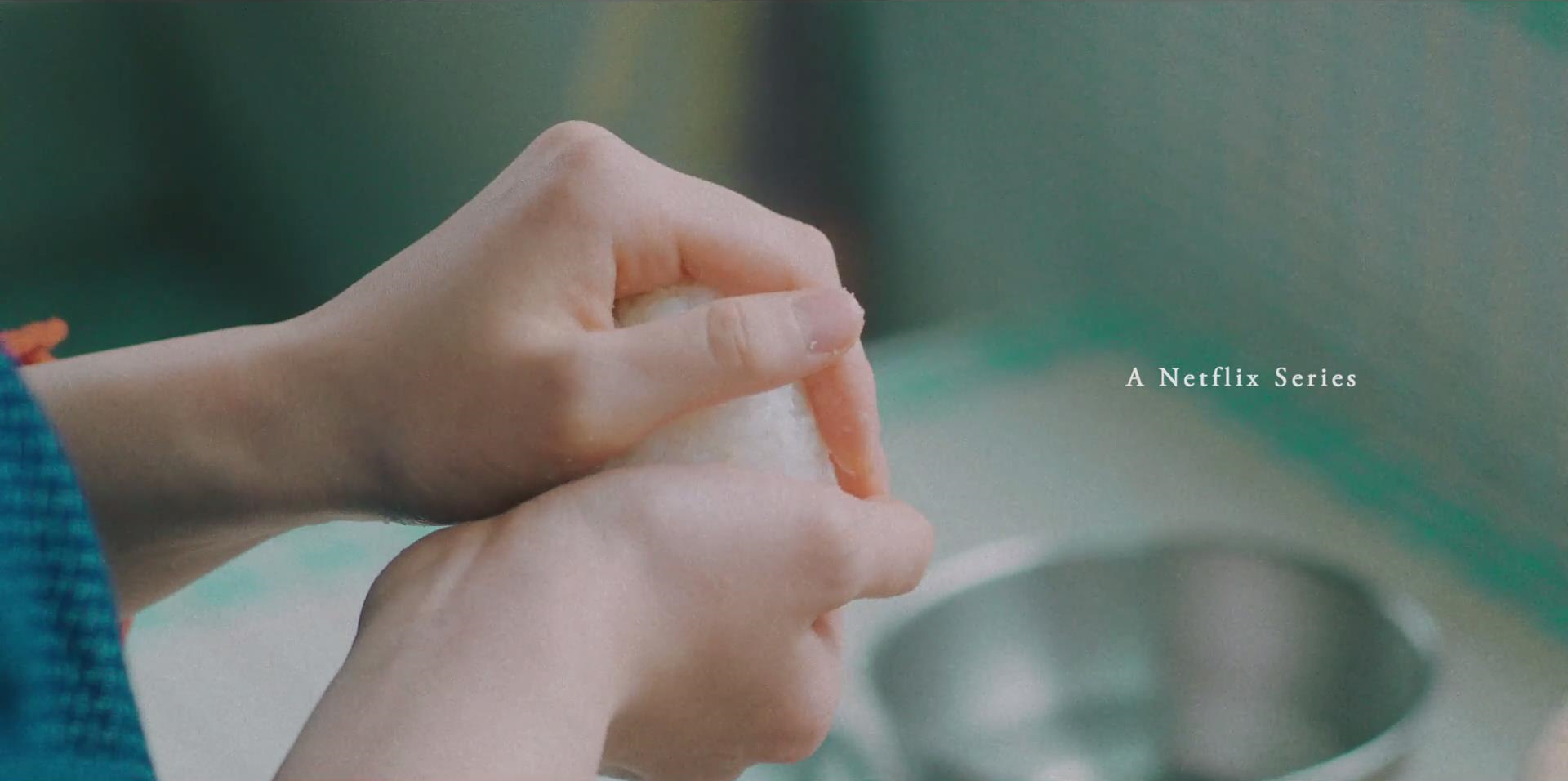
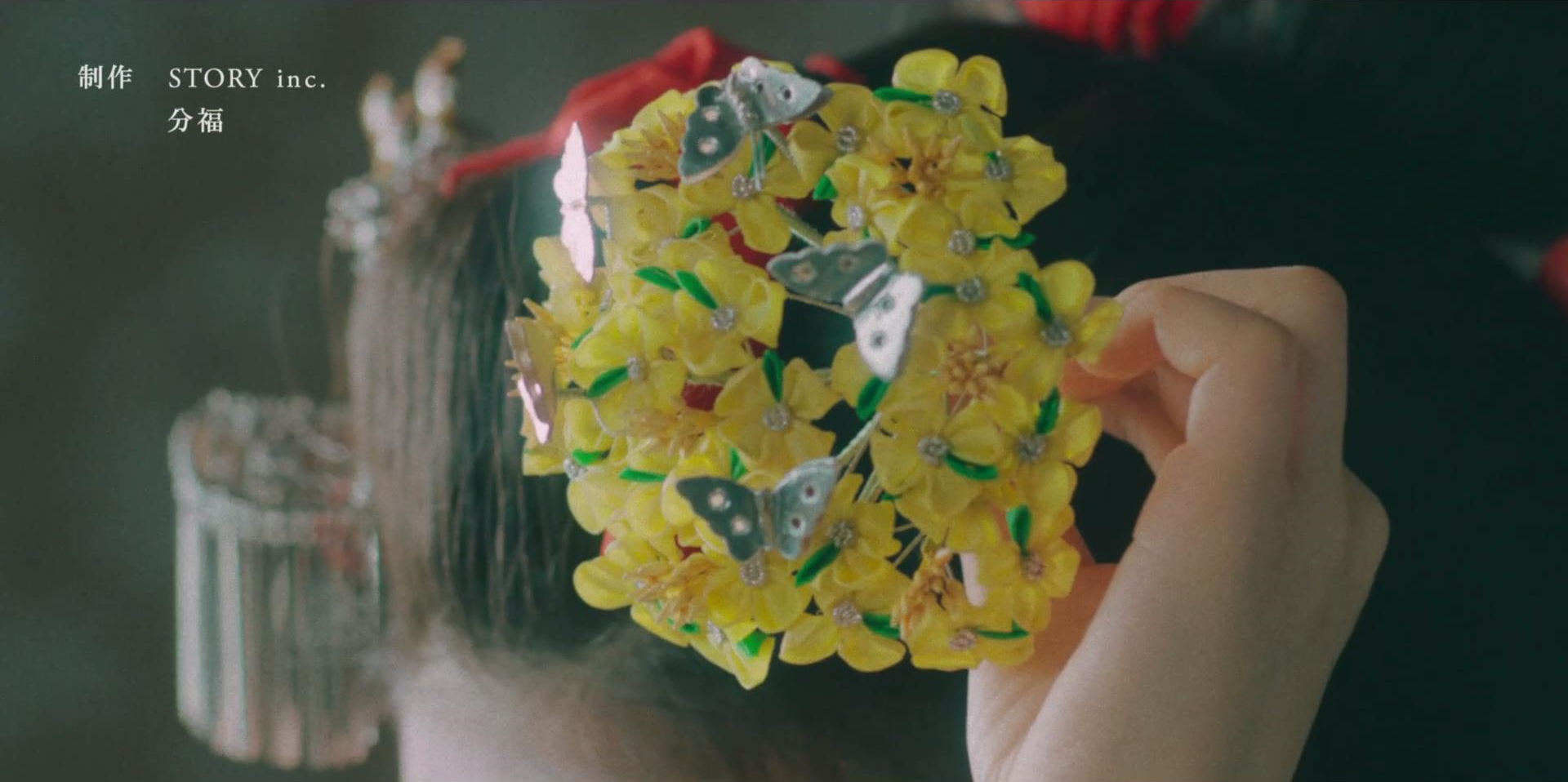
Screenshot of "The Maiko Cooker"
Ji Dai (played by Nana Mori) and Jin (played by Natsuki Exit) are good friends since childhood. They grew up in Aomori County, the northernmost part of Japan, which is rich in apples and is also the hometown of the writer Dazai Osamu. During a school trip in middle school, Sumire meets the beautiful Maiko Momoko (Ai Hashimoto) in Kyoto, and she aspires to become a maiko from then on. At the age of 16, she gave up her high school studies regardless of her father's hope of becoming a doctor, and resolutely took the bus to Kyoto, while her friend Jidai followed her to the house "Saku" in Gion.
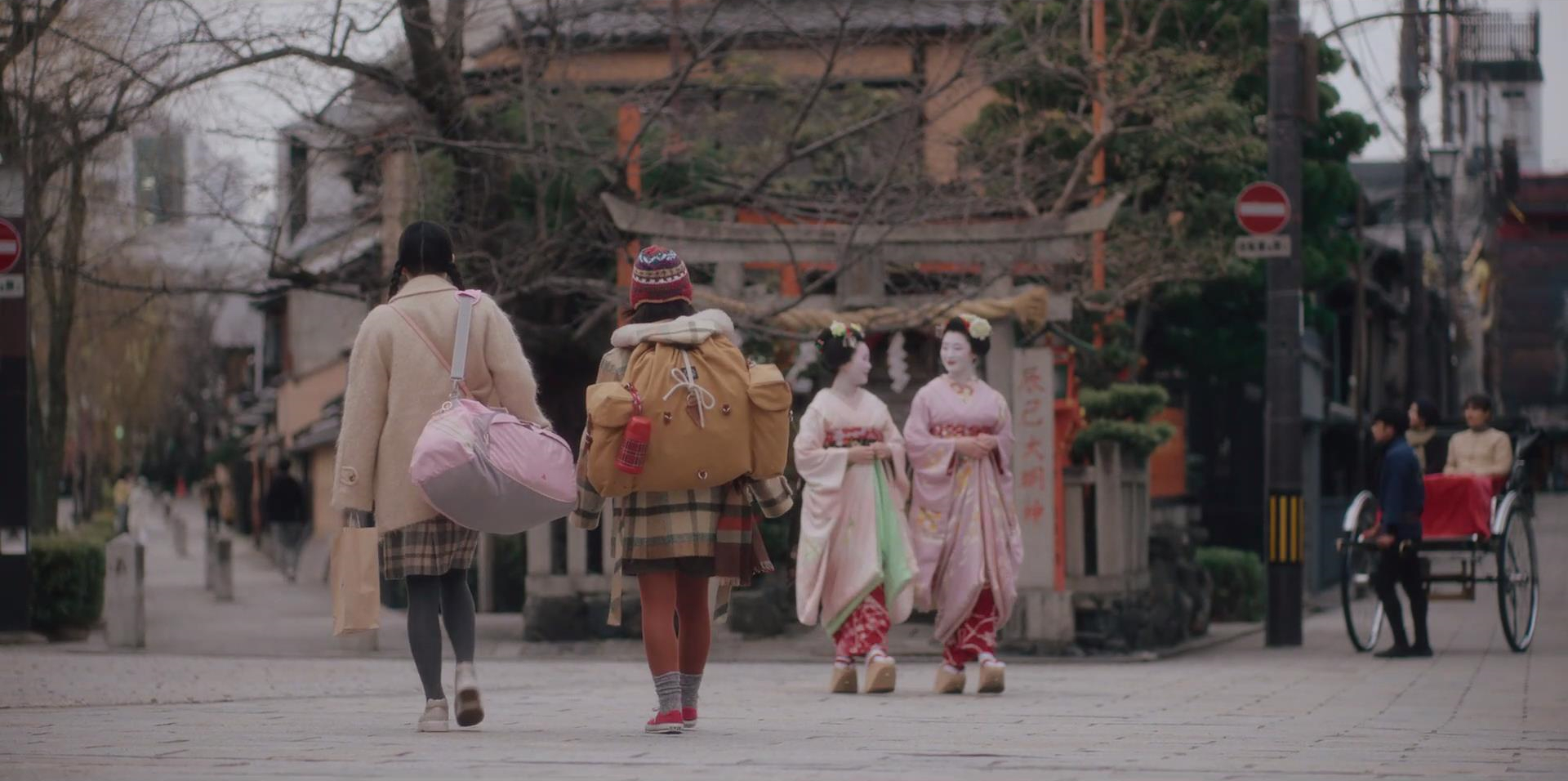
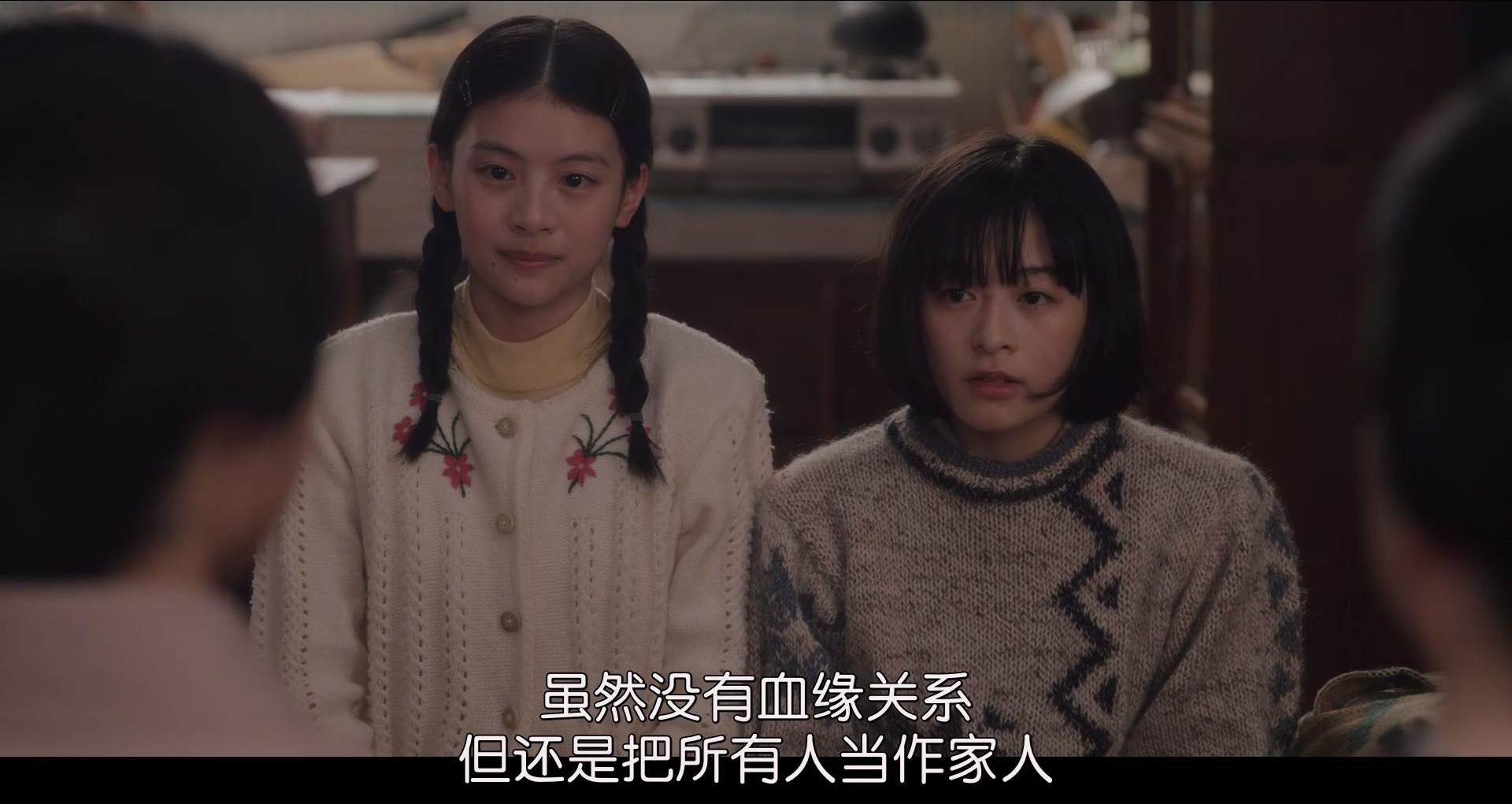
Screenshot of "The Maiko Cooker"
The people in the house seem to have come from time travel. Every maiko has a stage name. They should address their peers as sisters and their elders as "mom". Almost everyone wears kimonos and does not use mobile phones or computers, except for maiko All men other than the "men" in kimono are not allowed to enter.
There are two proprietresses of "Suo", the "mother" (played by Keiko Matsuzaka) who has retired to the second line is unmarried all her life, and she is obsessed with the Korean star Hyun Bin; the "mother" in charge is Zi (played by Takako Tokiwa), who looks charming and dignified But he is very natural and likes to put all kinds of symbols in the room to keep him safe. She also has an illegitimate daughter, Ryoko (played by Maita Ayjo), who is indifferent and rebellious, and likes to fight with her mother everywhere. For the maiko who have left their hometown, the most daily and real thing is the sisterhood, mother-daughter relationship in the house shape.
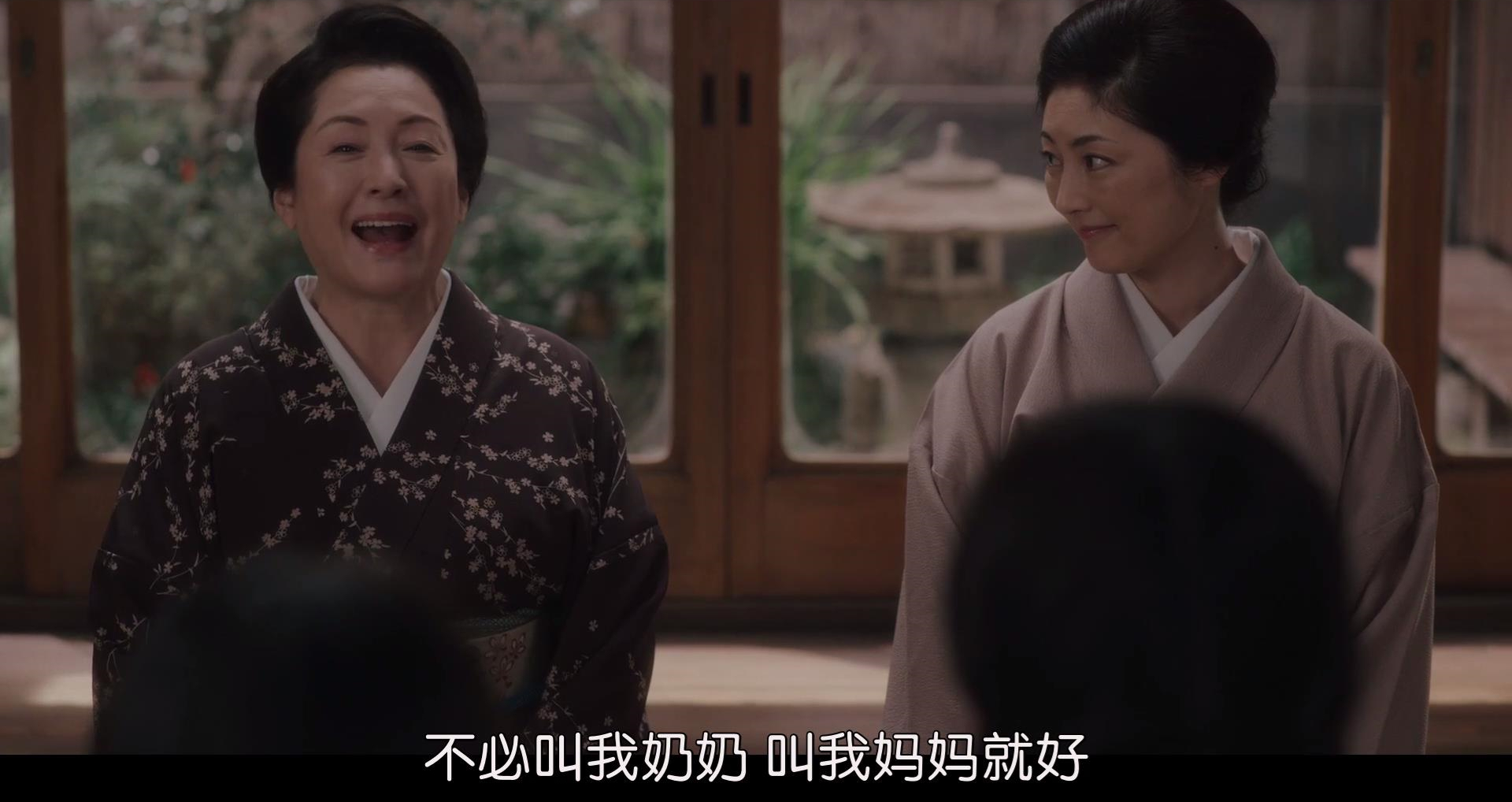
Screenshot of "The Maiko Cooker"
The job of a maiko is to dance, serve, and chat for the guests in the tea room, but to become a real maiko, you must go through hard training, among which dancing and musical instruments are the most necessary. Sumire, who has a beautiful appearance, a slender figure, and a strong personality, learns quickly and is recognized as Yagata's hope.
The couple were about to part ways, and happened to meet the mother-in-law who was the raw material manager of Yagata and left due to illness. In order to stay with Sumire, Ji Dai changed into the clothes of the manager and took over the daily meals of the mother and sisters. For this character who is not as glamorous as a maiko, Ji Dai is fully devoted, and even asked his grandmother to send a cast iron pot from his hometown. Ji Dai thinks that this will take good care of Sumire and accompany her to become an excellent maiko——the main line of the story That's how it unfolded.
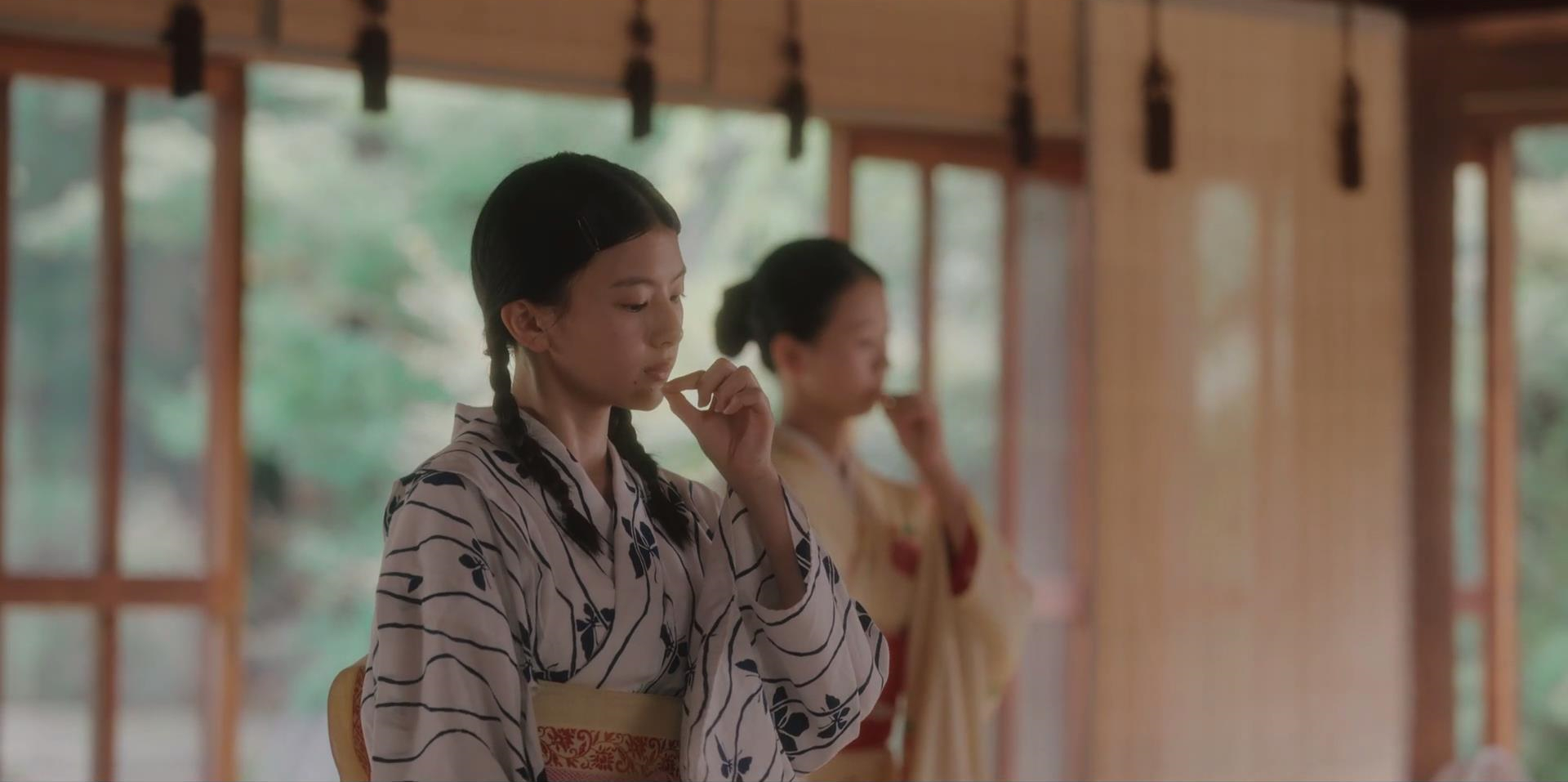
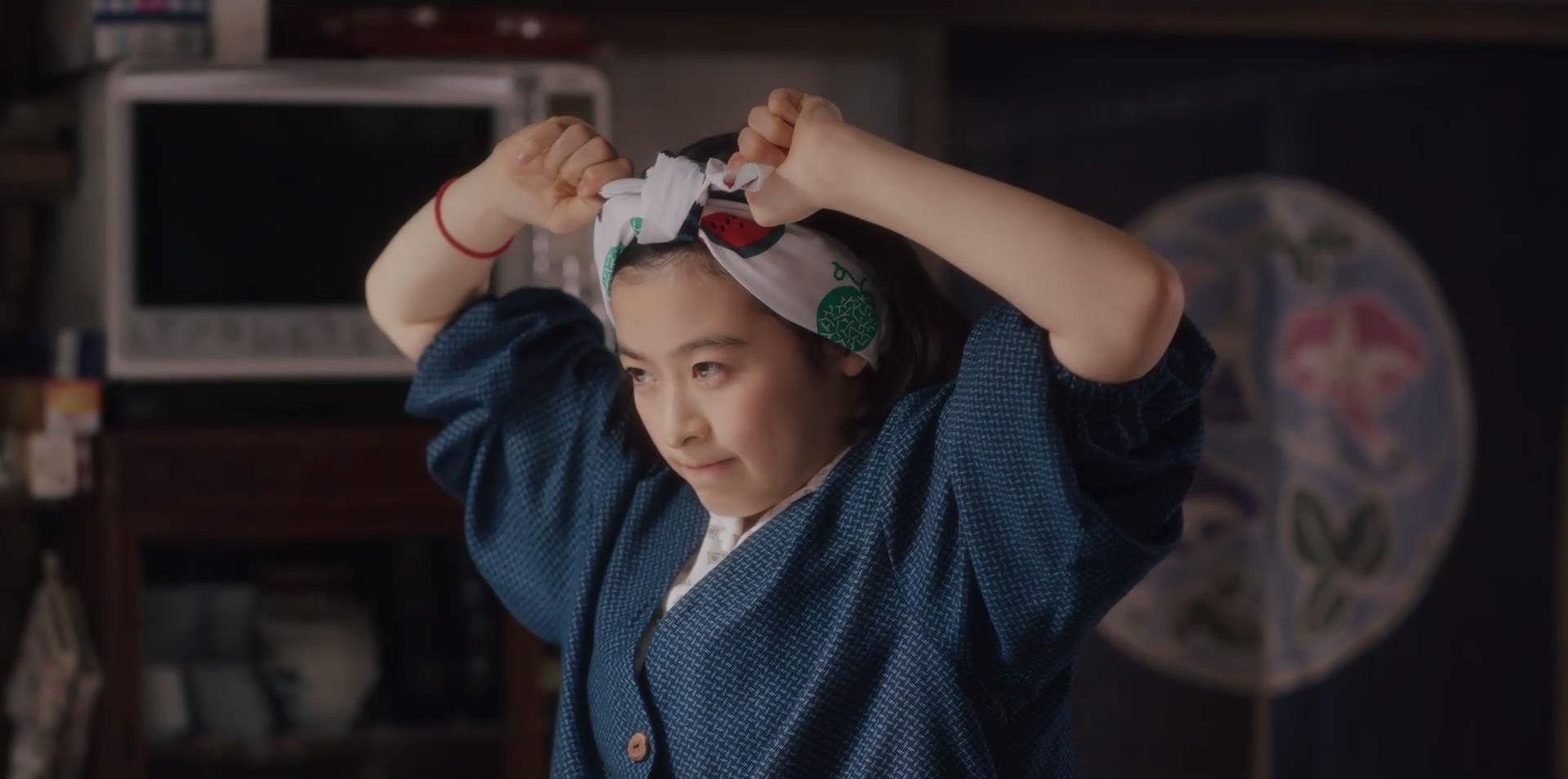
Screenshot of "The Maiko Cooker"
Jin's father chased after him in Kyoto and wanted to take him back to his hometown. He angrily reprimanded the "mothers" for cultivating wine hostesses. However, Jin Xin never wanted to go with his father. On the contrary, it was the father who saw Jin's solemn and beautiful posture during training, and his heart was shaken. Before Jin's father left Kyoto, Ji Dai sent him a home-style grilled eggplant. The familiar taste made Jin's father feel that he was not completely separated from this place, so he cried bitterly in the lounge. As a father, he has his own prejudices, but just because he is a father, he can't bear to stop his daughter from pursuing her own happiness.
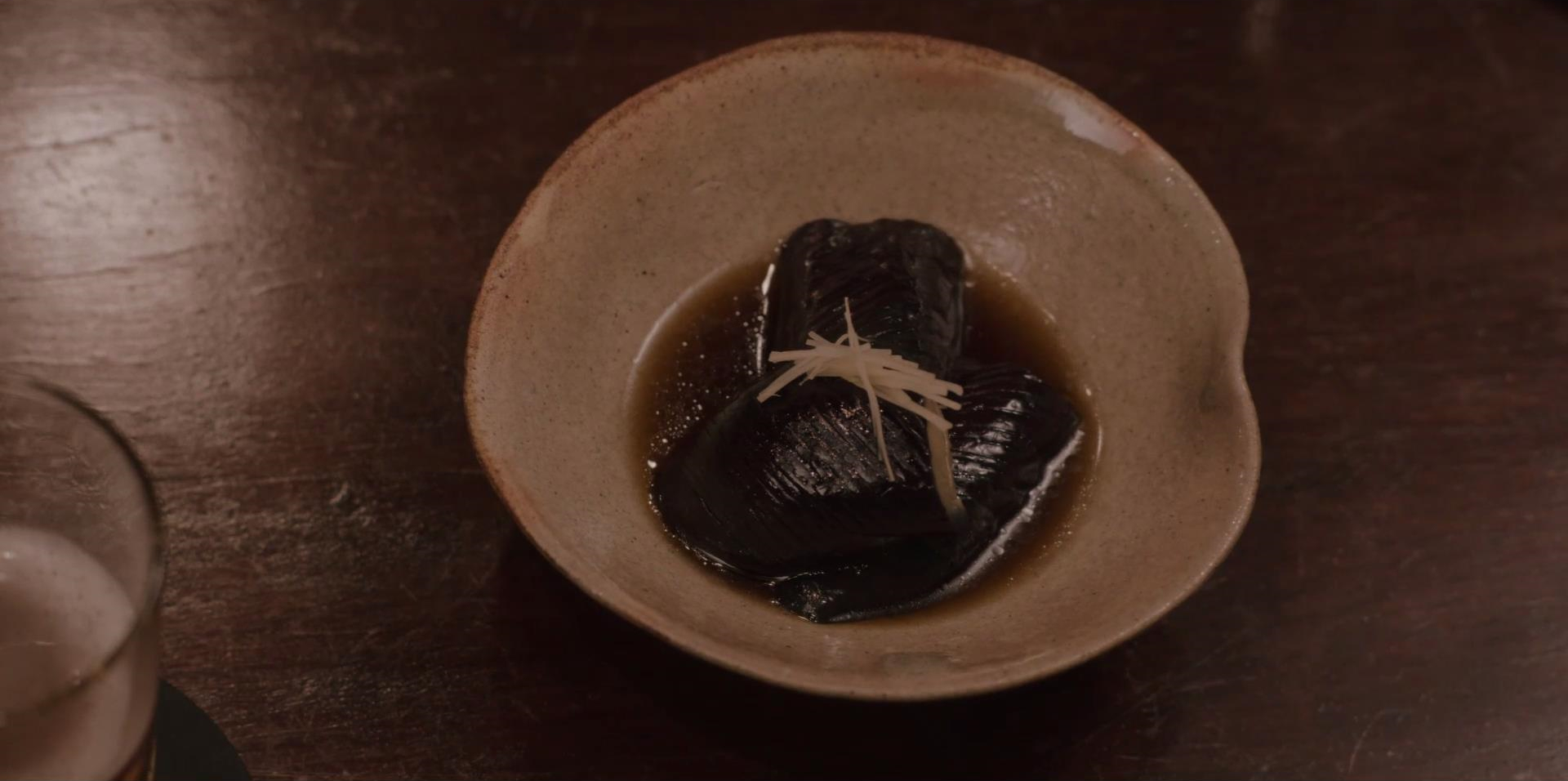
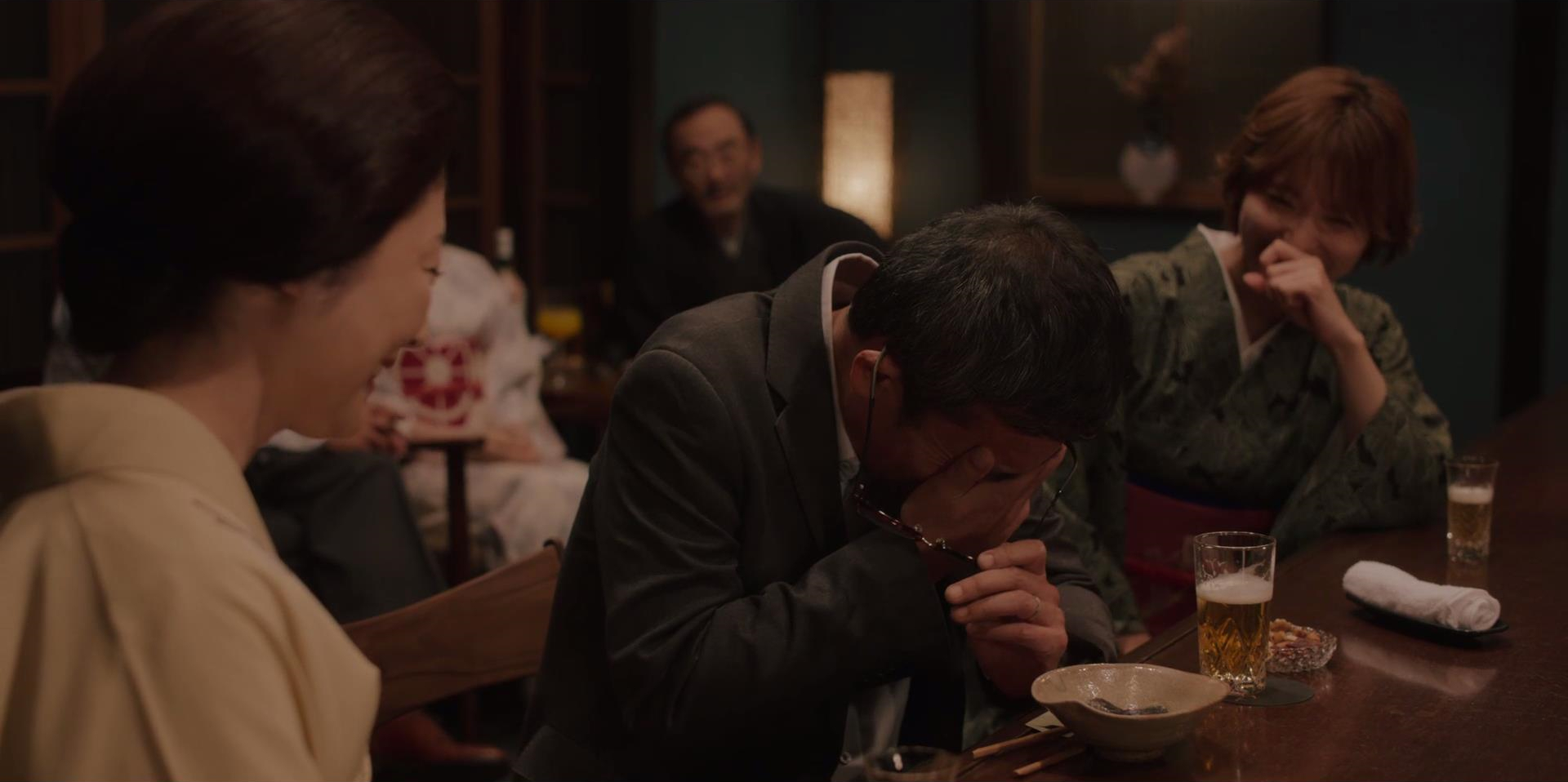
Screenshot of "The Maiko Cooker"
Every maiko in Yagata comes from different places and each has its own beauty. Ji Dai carefully pays attention to everyone's preferences and tries her best to satisfy everyone. Her magical hands Different dishes will be conjured up every day to reward these maikos who live to please others.
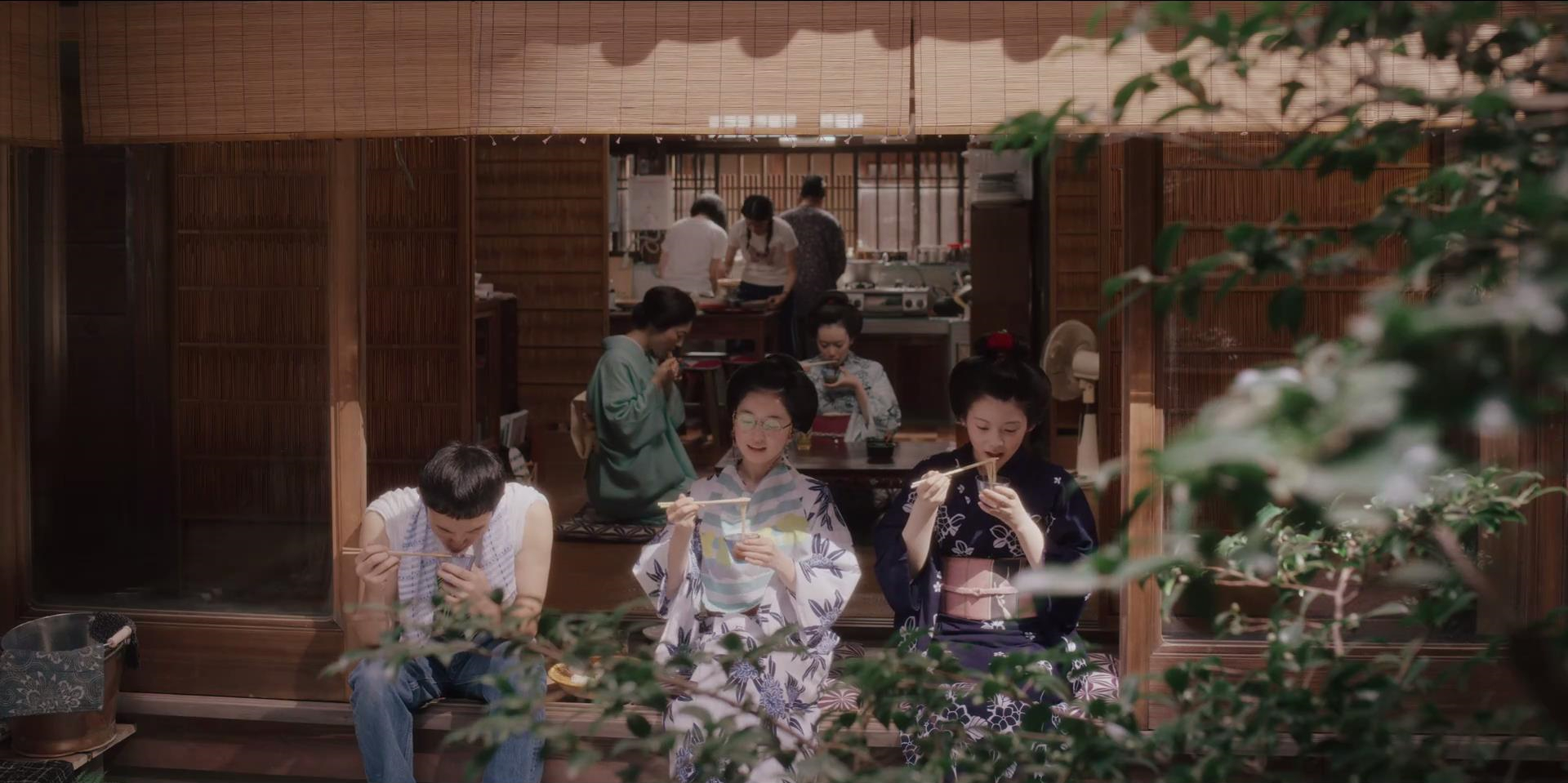
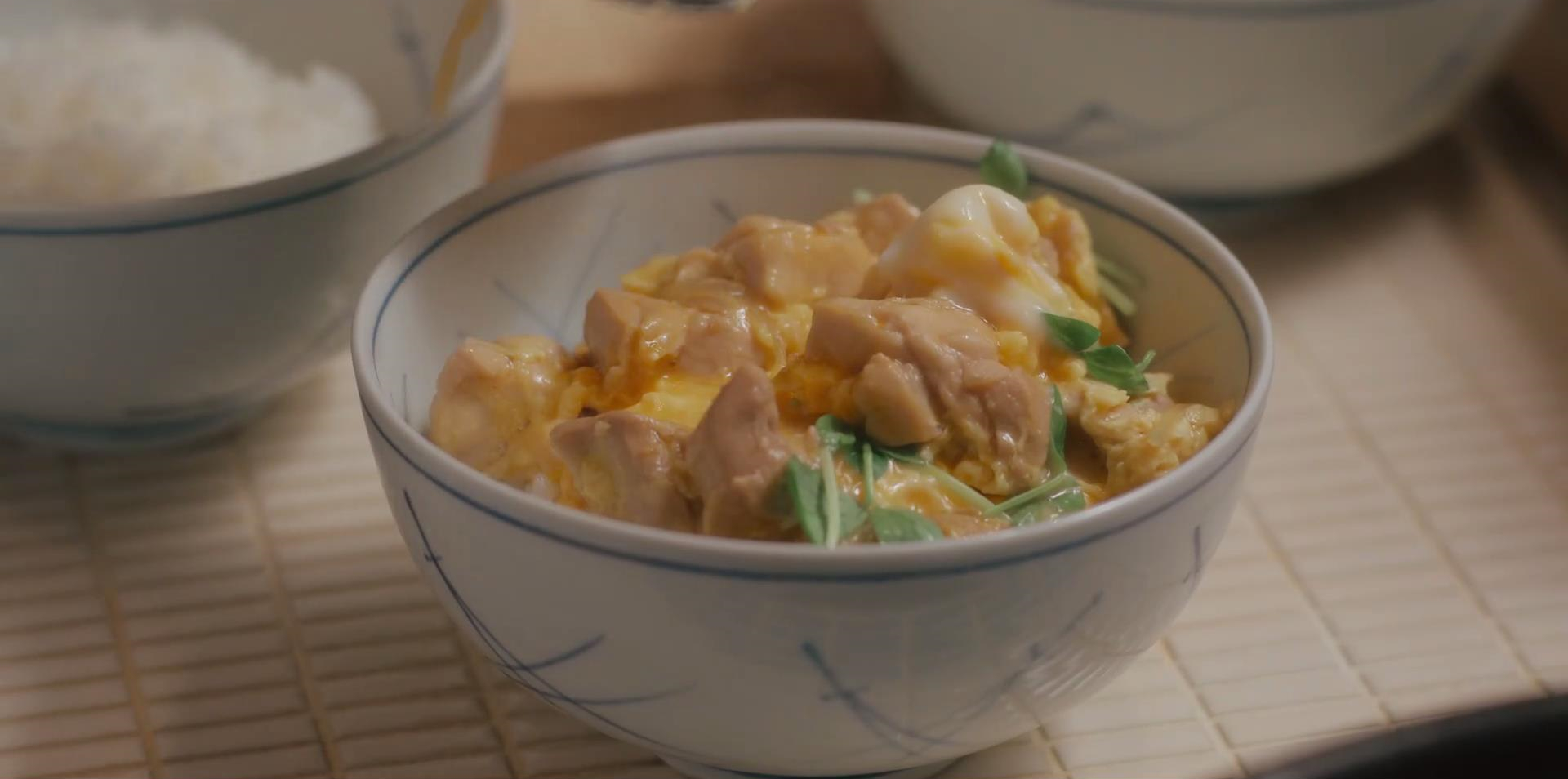
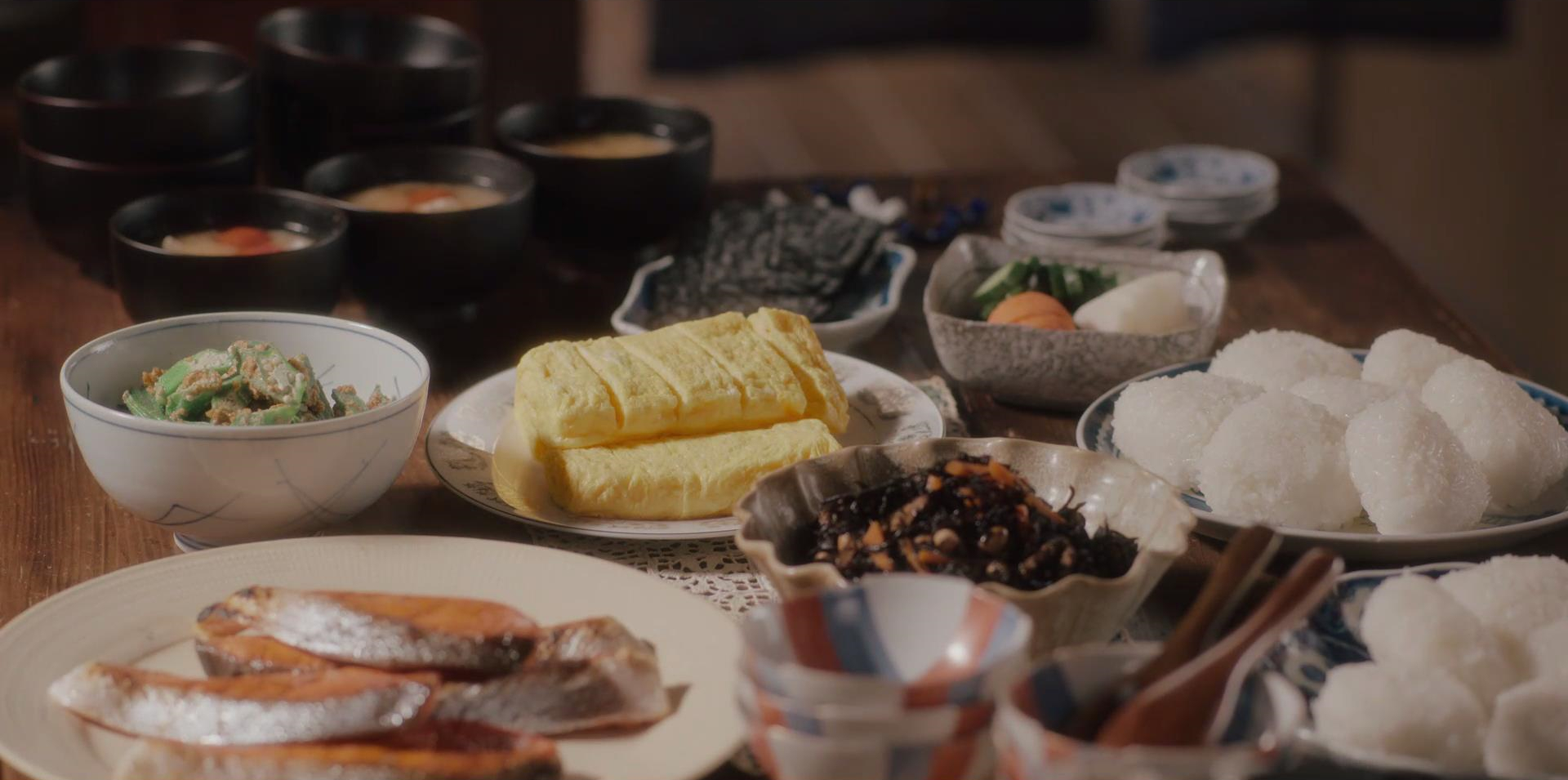
Screenshot of "The Maiko Cooker"
According to tradition, geisha and maiko must retire after they get married, which is why the top maiko (Ai Hashimoto) Baizi rejects her boyfriend's marriage proposal. But the unruly former maiko Kino (Matsuoka Moyu) returned to "Saku" after separating from her husband and restarted her maiko career. This made the young Sumire see the freedom and prospects of maiko in the new era.
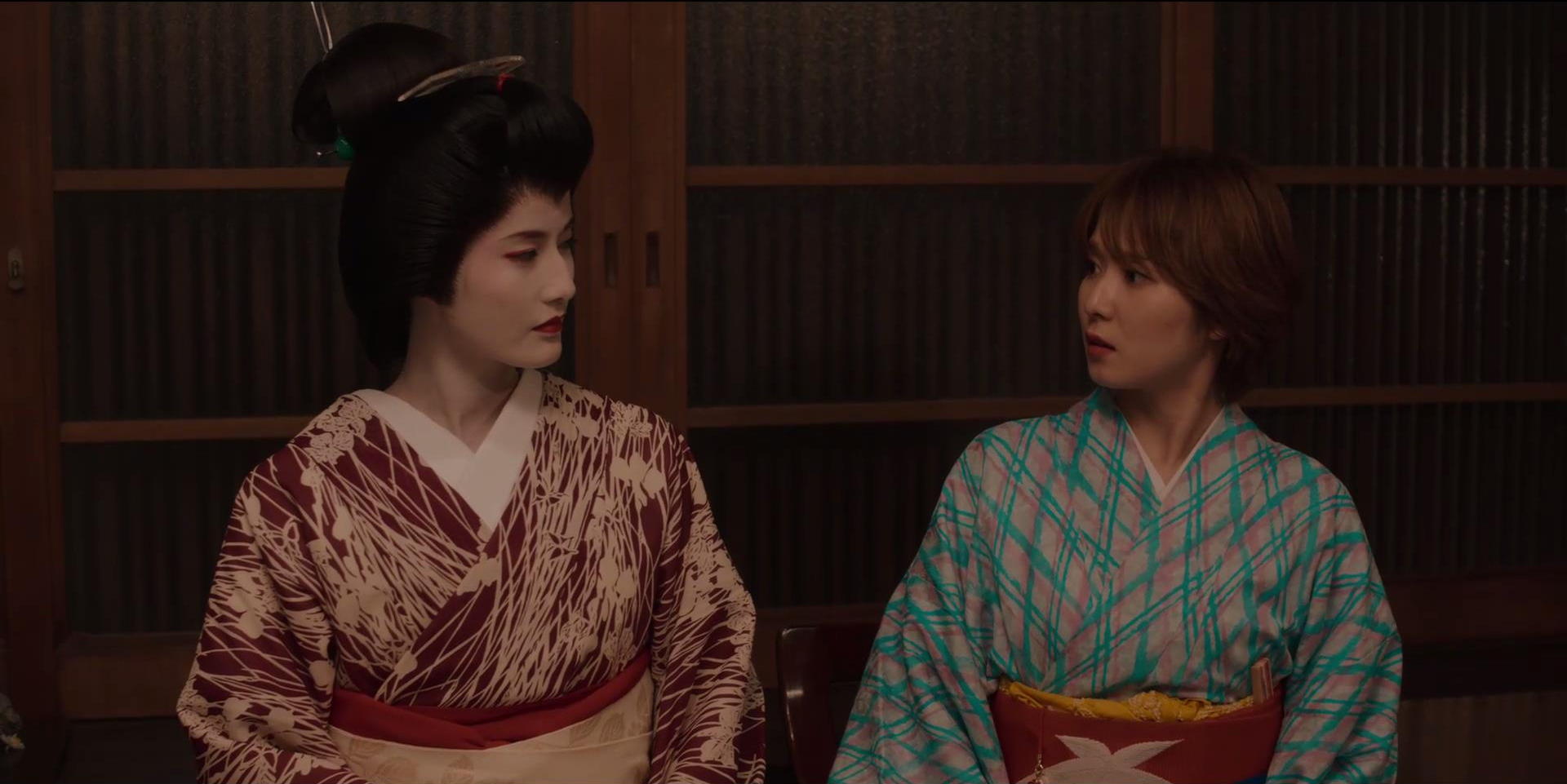
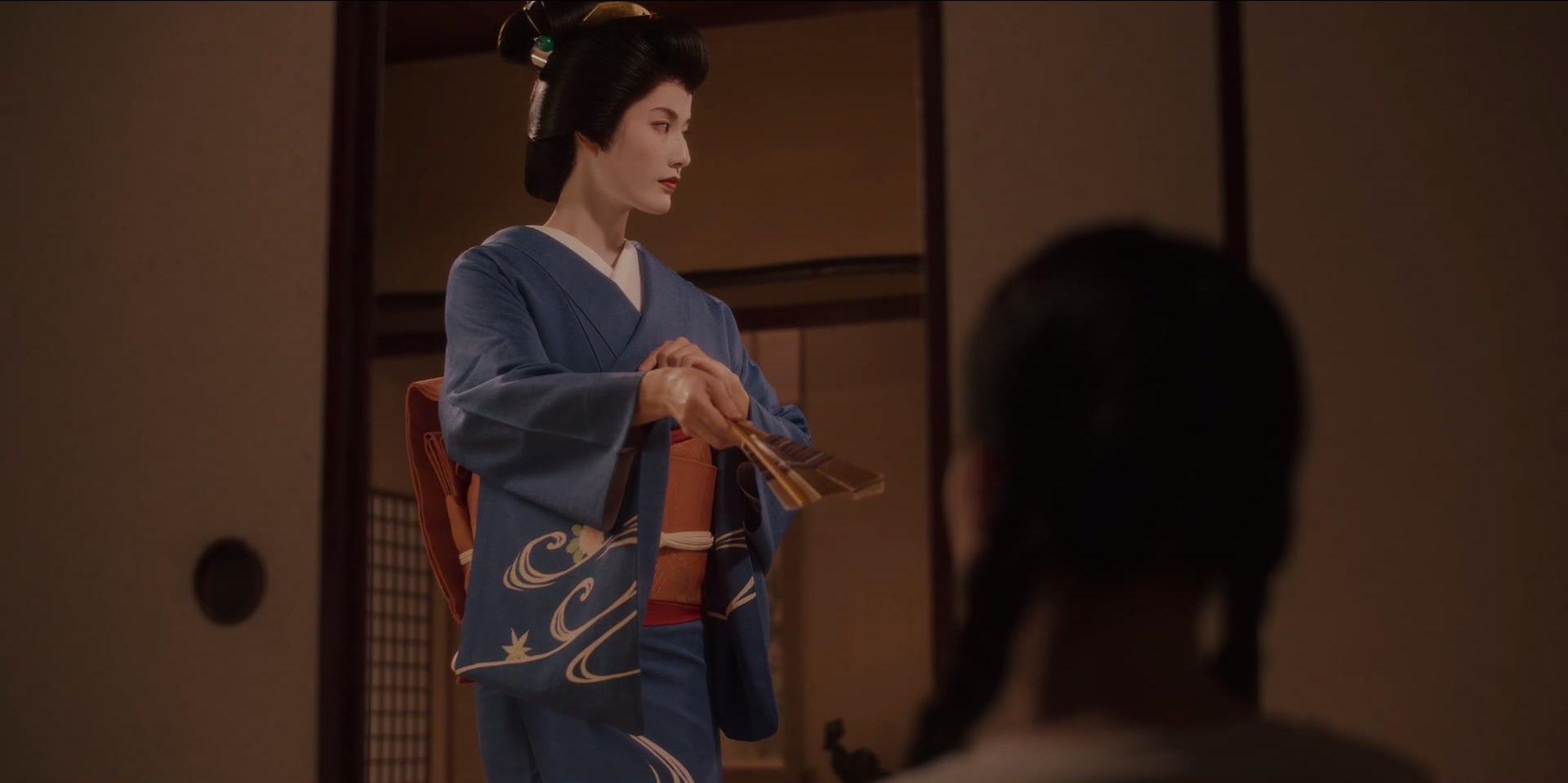
Screenshot of "The Maiko Cooker"
As Jin's study progressed, new people came and old people left in the house, but she always felt ashamed of Ji Dai who accompanied her, thinking that Ji Dai was wronged to work in the kitchen because of herself. Jidai happily told Sumire that just like she came to Kyoto to become a maiko, she came here to become a cook.
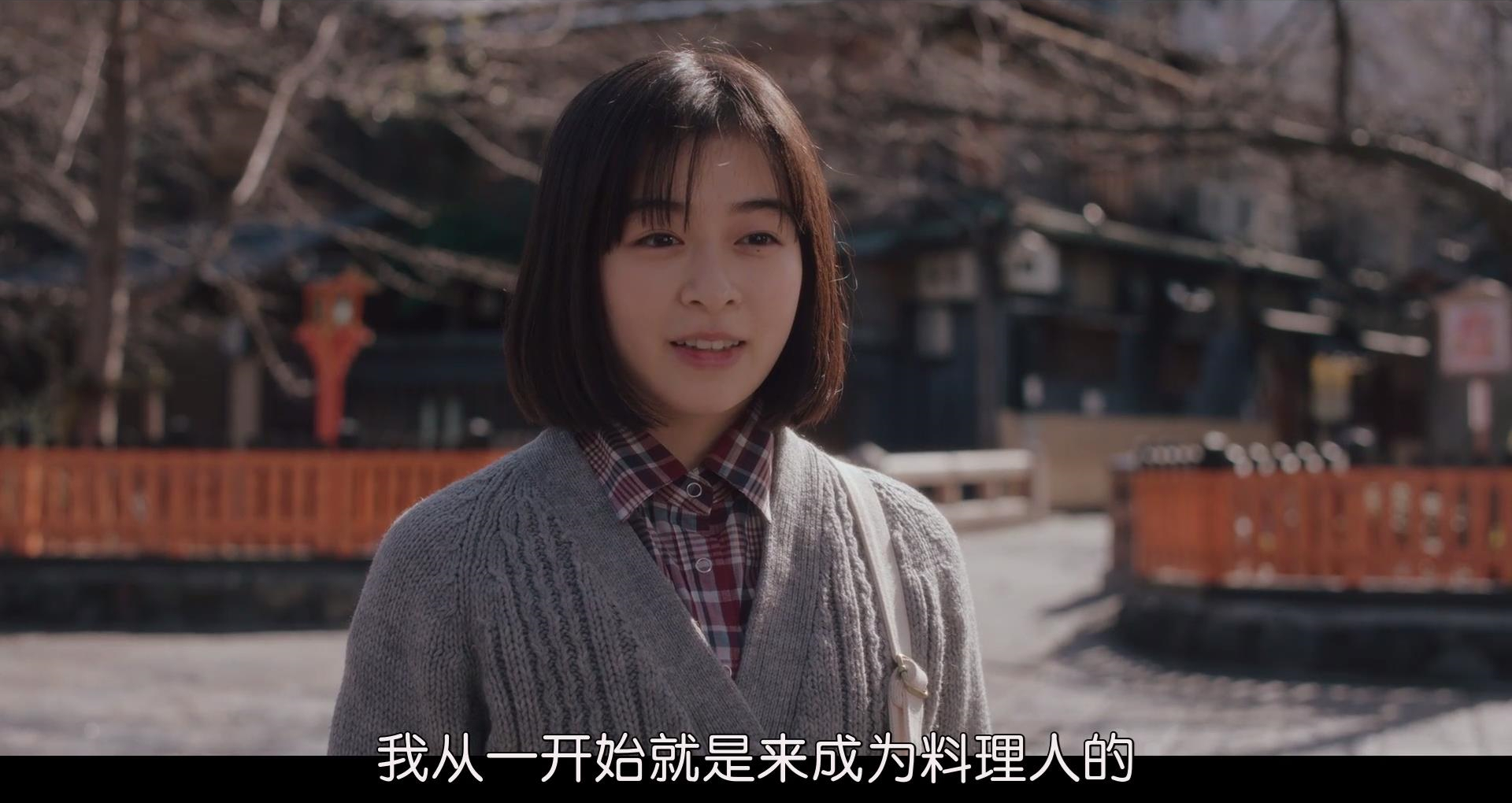
Screenshot of "The Maiko Cooker"
At the end of the story, Sumire has her stage name Yuriko. On the day of her debut, she combed up Momokiri and put on a flower hairpin. The men put on gorgeous kimonos and dropped floor-sweeping sash for her. Amidst the praises of everyone in the flower street, she walked slowly to the tea room for a routine meeting of maiko. Her father was also watching her proudly in the crowd.
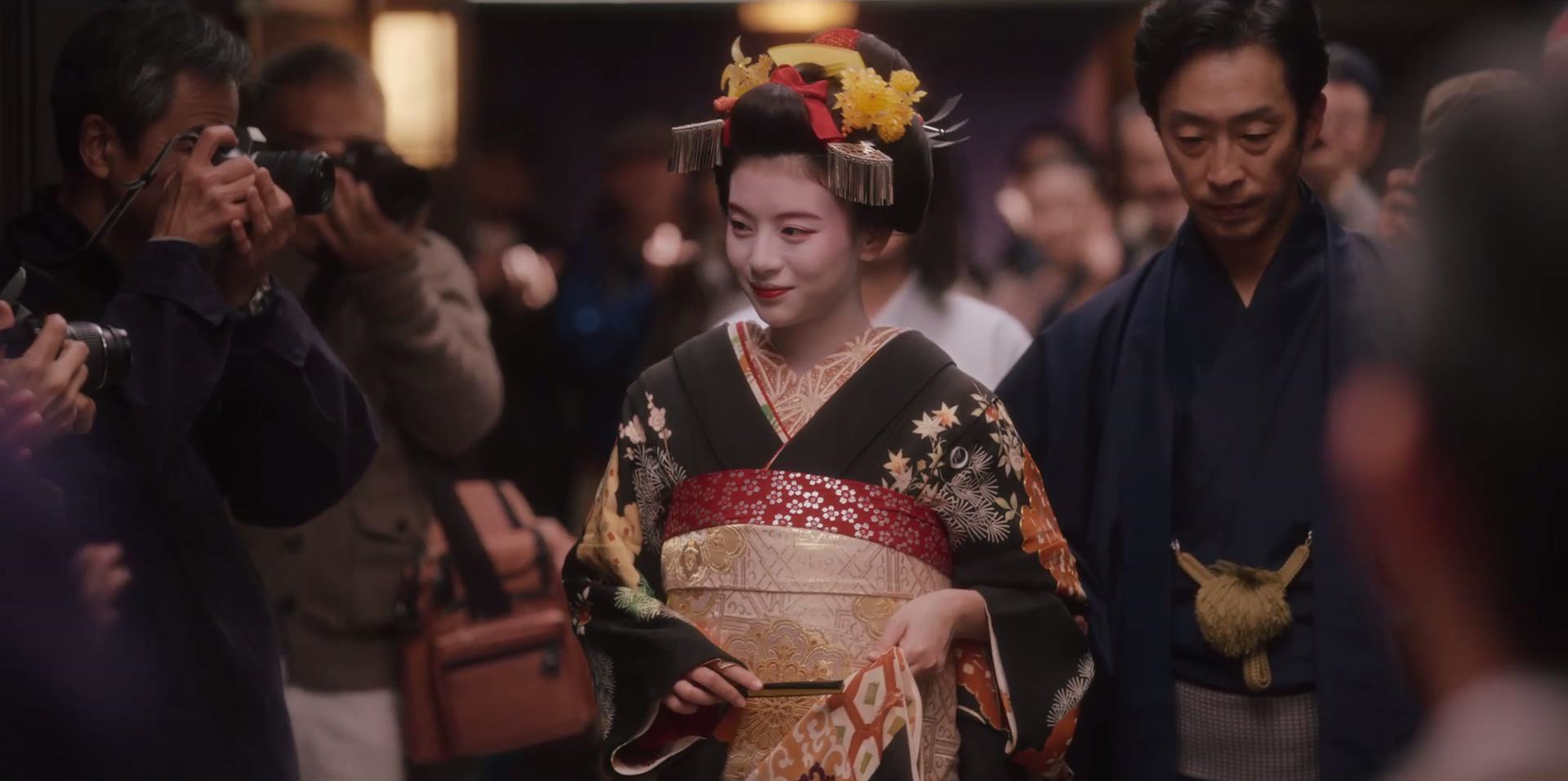
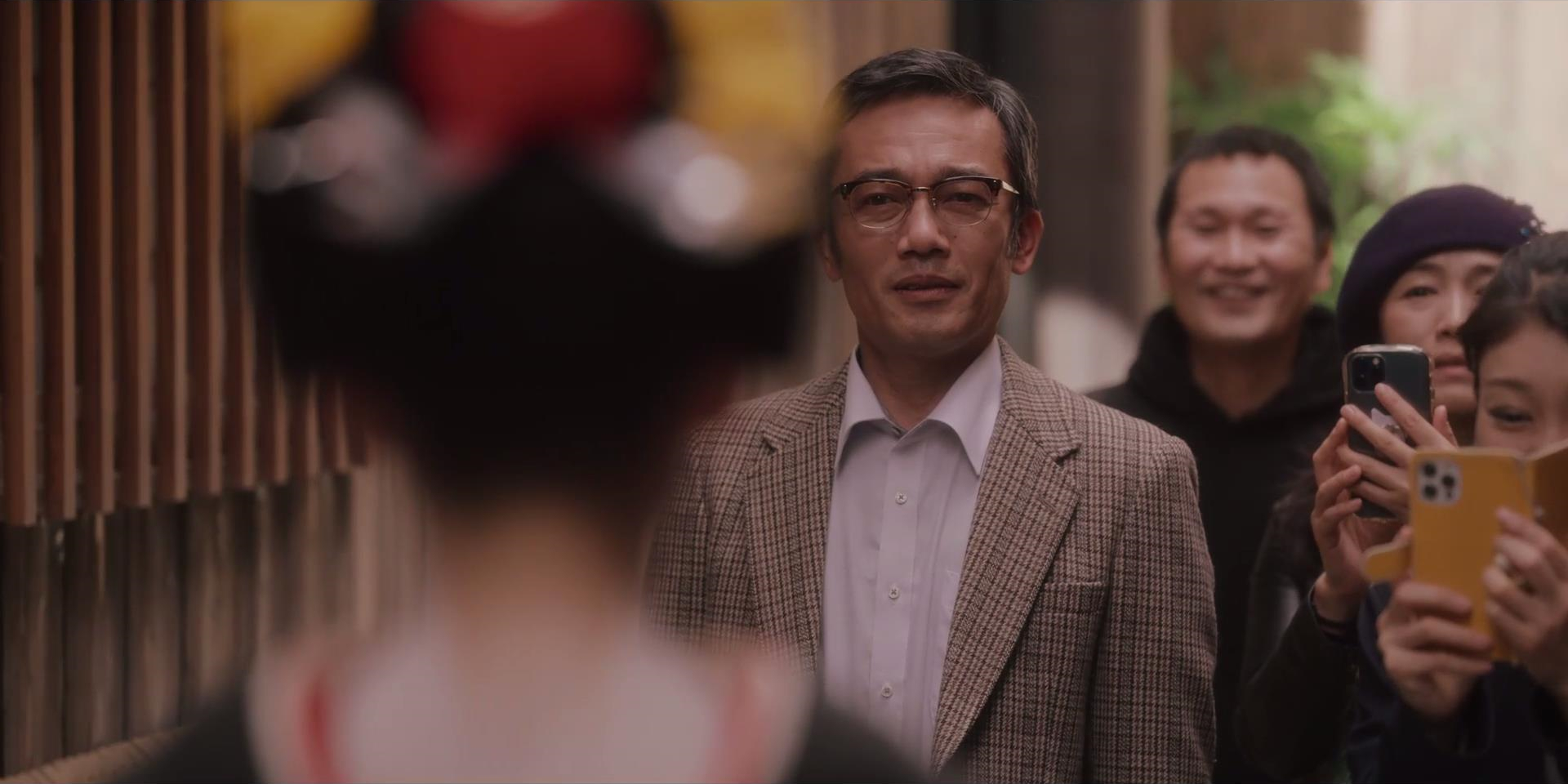
Screenshot of "The Maiko Cooker"
In the quiet Yakataki kitchen, to celebrate Sumire's dream come true, Ji Dai made her a small sandwich suitable for Maiko's snacks, which was a promise between the two of them. As for the leftover bread from making sandwiches, it was ridiculed by the sisters in the house shape as "no one wants it left" like Ji Dai, but it was fried golden and crispy by Ji Dai, and then covered with sweet sugar. The taste of home that Sumire, who has become a maiko, yearns for most.
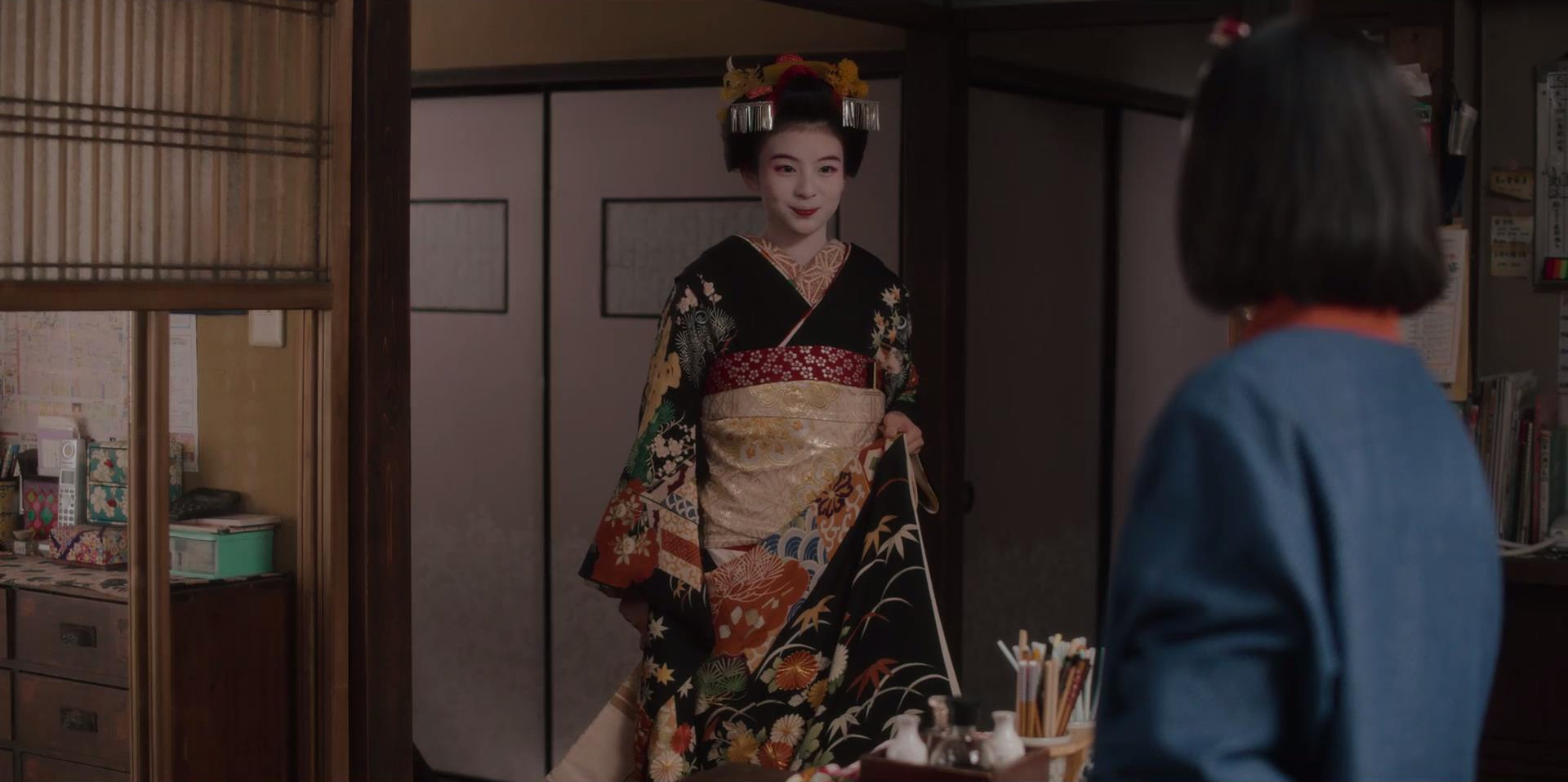
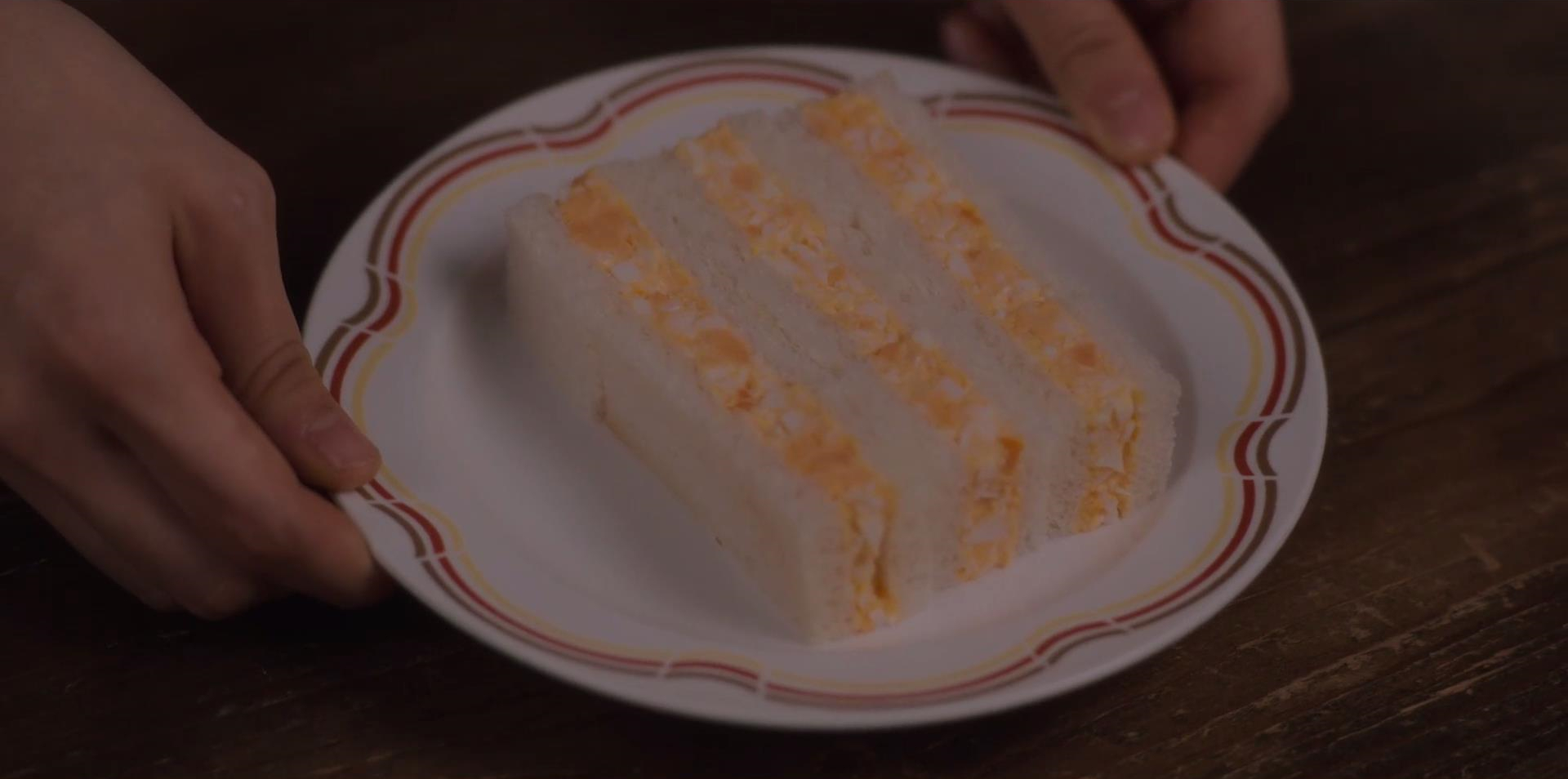
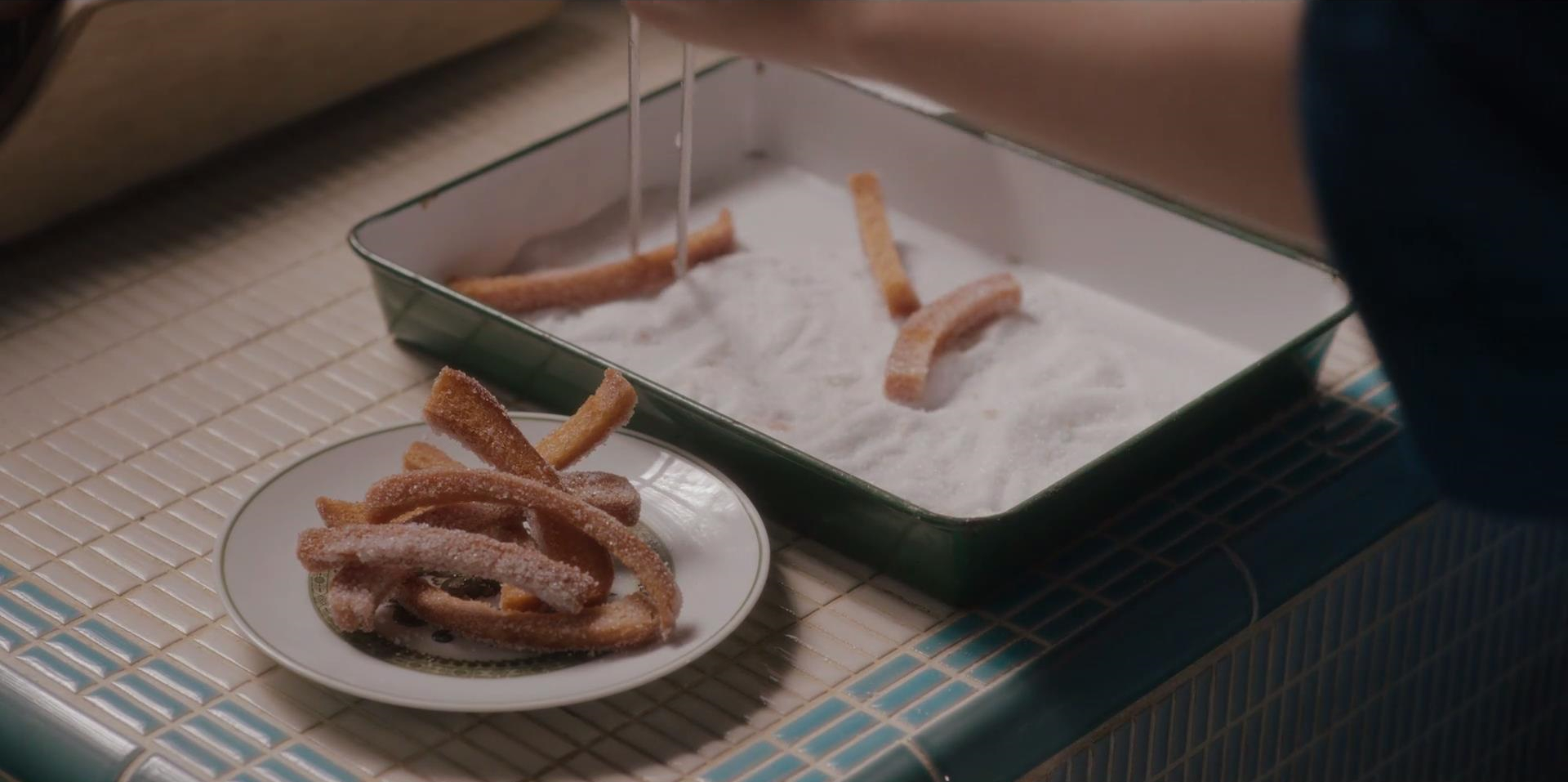
Screenshot of "The Maiko Cooker"
Maybe many viewers are still confused about maiko after watching this drama. Born in the 17th century, maiko is a type of geisha (or a trainee stage). It is famous for its gorgeous costumes. The work of maiko is to dance, play music and serve guests. In the early days, it was played by men, and it was called geisha by women. , Maiko is also okay. Geisha and maiko are very ambiguous jobs. Although they have been officially recognized as cultural heritage by Japan (only performing arts and not selling themselves), there have been rumors in the past two years that the former geisha broke the news that "mother" forced minors to accompany drinking, The scandal of mixed bathing.
How to deal with the shame of the audience? The original work of "The Cook of the Maiko Family" is a manga published by Shogakukan. The young world view obviously cannot provide a solution to resolve the controversy. This is also Hirokazu Kore-eda's concern when he came into contact with this topic in the summer of 2020. In his work statement, he used a scene to describe his thinking: the screenwriter designed a scene in which Sumire's father travels thousands of miles to ask "mother" for his daughter. But in the post-production stage, it was Hirokazu Kore-eda who once suspected that he was shooting himself in the foot. Why should he stand on the side of the old-thinking audience and scold himself?
But in the final film, we saw that he retained this part of the "prejudice", and even placed a few "wretched men" who took pleasure in candid shots and gossiping maiko. In the play, Hirokazu Kore-eda believed that this arrangement was closer to reality social context. "Tolerance" is what Hirokazu Kore-eda insisted on. Just as he was good at portraying "disgraceful" characters in detail in his previous works, he did not eliminate all "unbearable" in this play, but spread it out for the audience to watch selectively. There is a place for sexual obscenity, so as not to be obscene, this is his way to resolve "shame".
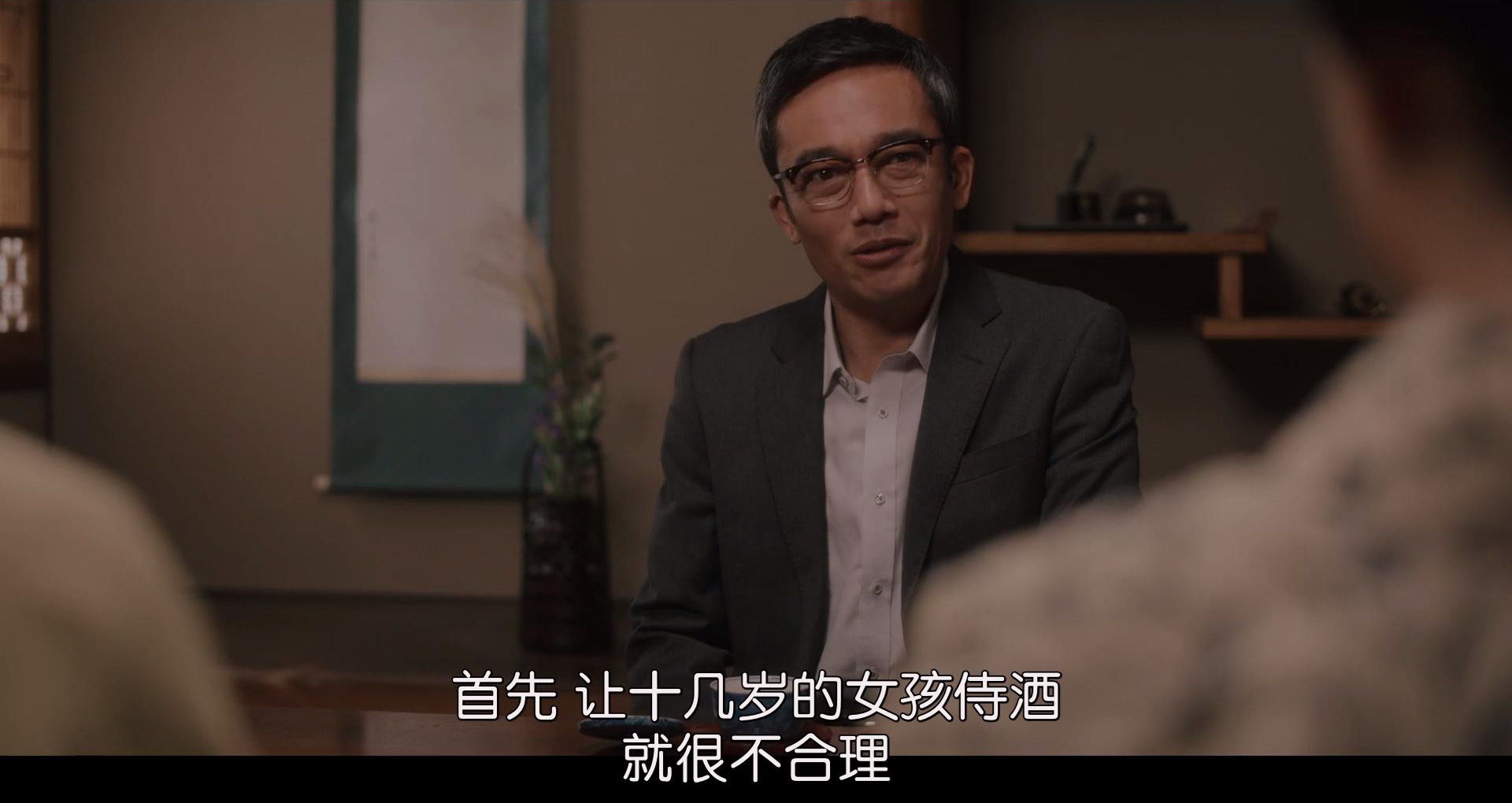
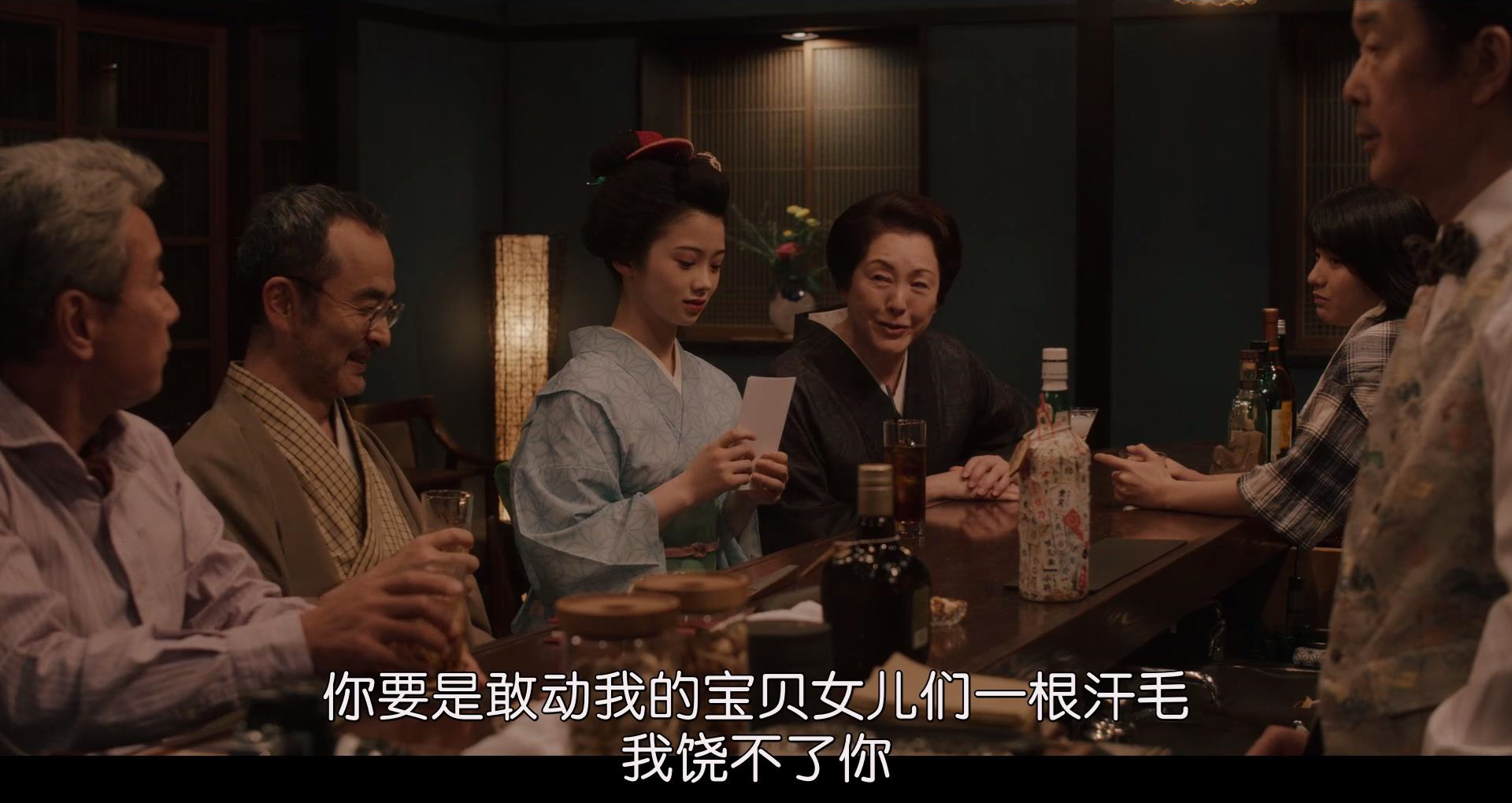
Screenshot of "The Maiko Cooker"
In fact, geisha, as the ultimate imagination of "perfect women" for Japanese men, is more desperate than being obsessed with gender disadvantage. In the play, it can be seen that in order to become a real maiko, Sumire has to practice dancing on the bed with a fever. The top maiko Hyakuko refuses the marriage proposal of her lover in order to avoid getting married and having children and affecting her maiko career. These women pursue tenaciously They strive for independent survival and self-realization, but the sad thing is that they have climbed the male-dominated male aesthetics and class throughout their lives. The standard for evaluating maiko is the votes of guests.
It is worth pointing out that the ecological dilemma of geisha is not a characteristic of this profession, nor is it limited by the times. Natsuki, the actor who played Sumire, is a Chinese who immigrated to Japan with her parents. It was the first time she wore maiko costumes and ate various Japanese dishes in the play. The same teenager who debuted as a student, and the same teenager aspires to become a recognized female artist, and Xia Xi is playing herself in another time and space—but after becoming a well-known actress, she can enter a world that is absolutely fair to women, Is it a safe environment? Off-screen, can all the women who do different jobs from her be exempted from being screened for childbirth or promotion? Is the dilemma geisha face because they are geisha, or because they are women? It was Hirokazu Kore-eda who left enough space for such discussions in the play.
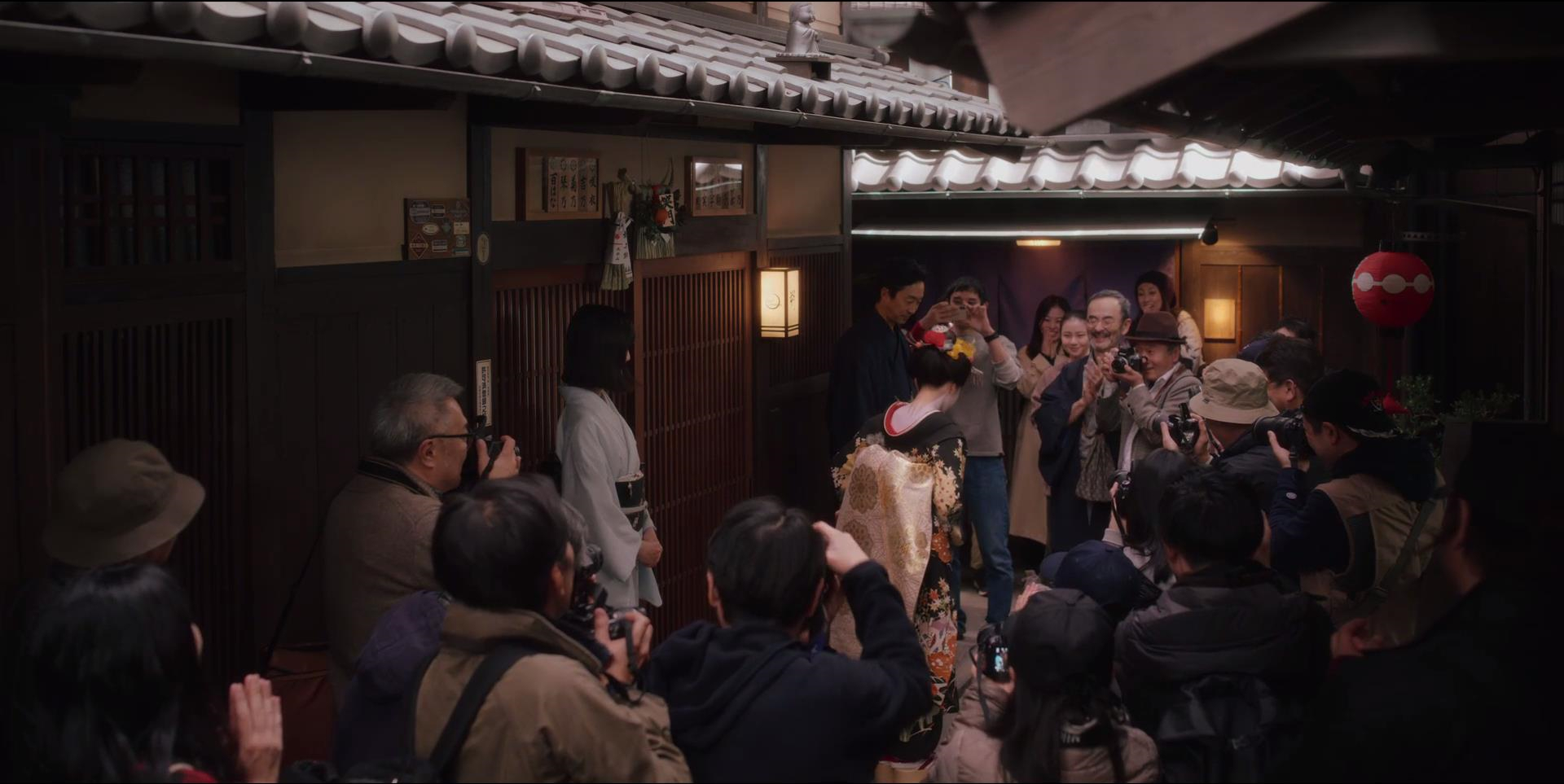
Screenshot of "The Maiko Cooker"
After talking about maiko for a long time, Ji Dai, the real protagonist cook in the play, is less discussed, probably because her career choice seems "correct" compared to maiko. However, Kiyo and Sumire, who are also 16 years old from Aomori Prefecture, are like a girl with two sides of one body. One side climbs the high branches to bloom the most beautiful flowers, and the other side plunges into the soil and exerts silent efforts. Becoming a maiko or a cook is the independent choice of the two girls. The job of a maiko is to please others, so why is the cook not pleasing others? The person who is liked, needed, and praised is "the most important".
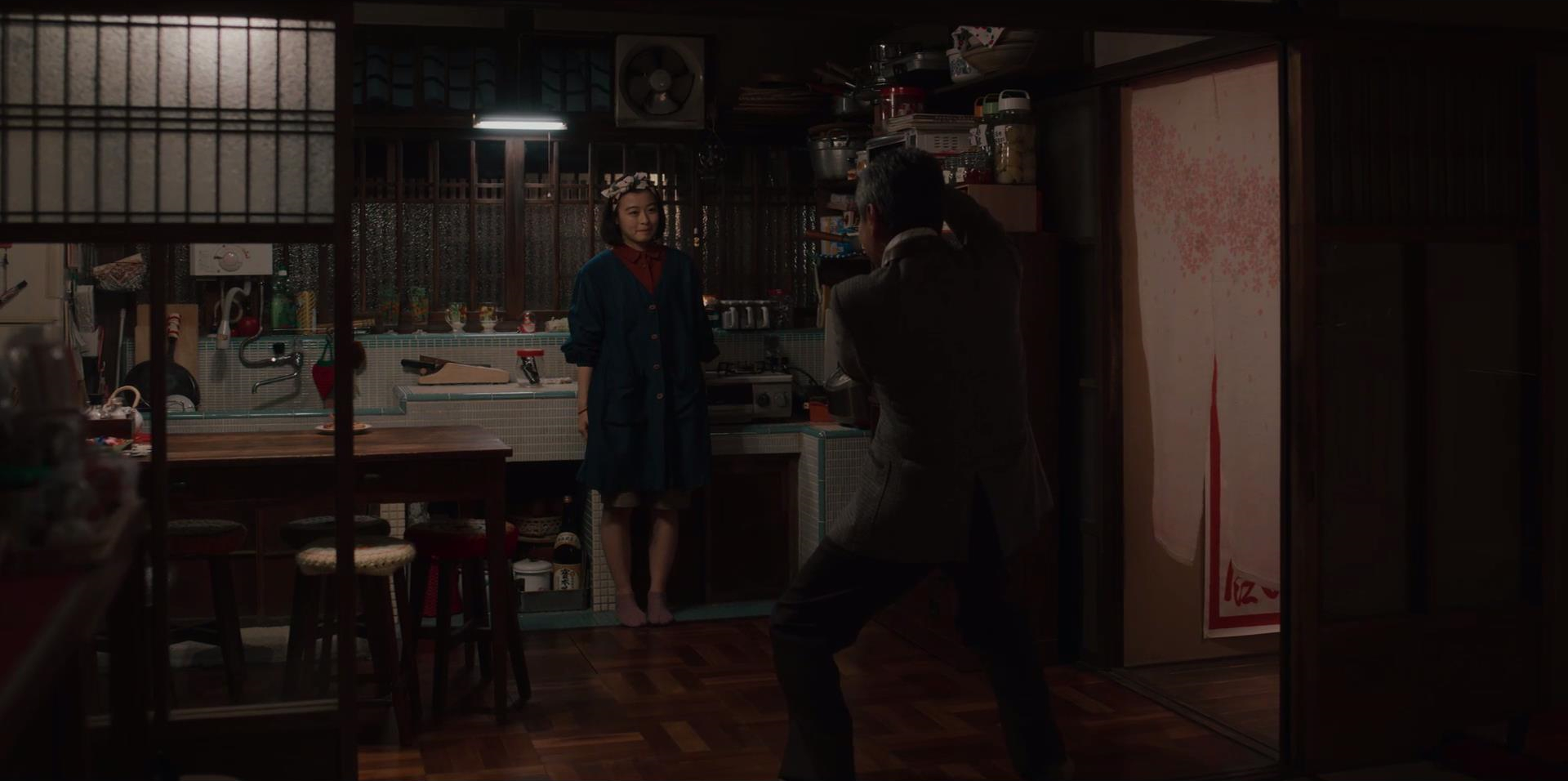
Screenshot of "The Maiko Cooker"
At the end of the story, Mr. Kiyono, who likes to secretly take pictures of maiko, came to Yagata's kitchen alone after filming Sayuri's debut, and took a photo for Ji Dai. This person is also the embodiment of the author's perspective. As mentioned at the beginning of this article, this is a story of a "supporting role": if you can't become a "successful" person, leaving the light to others is also fulfilling yourself. It is not necessary to be the most beautiful maiko, just being an audience is enough.
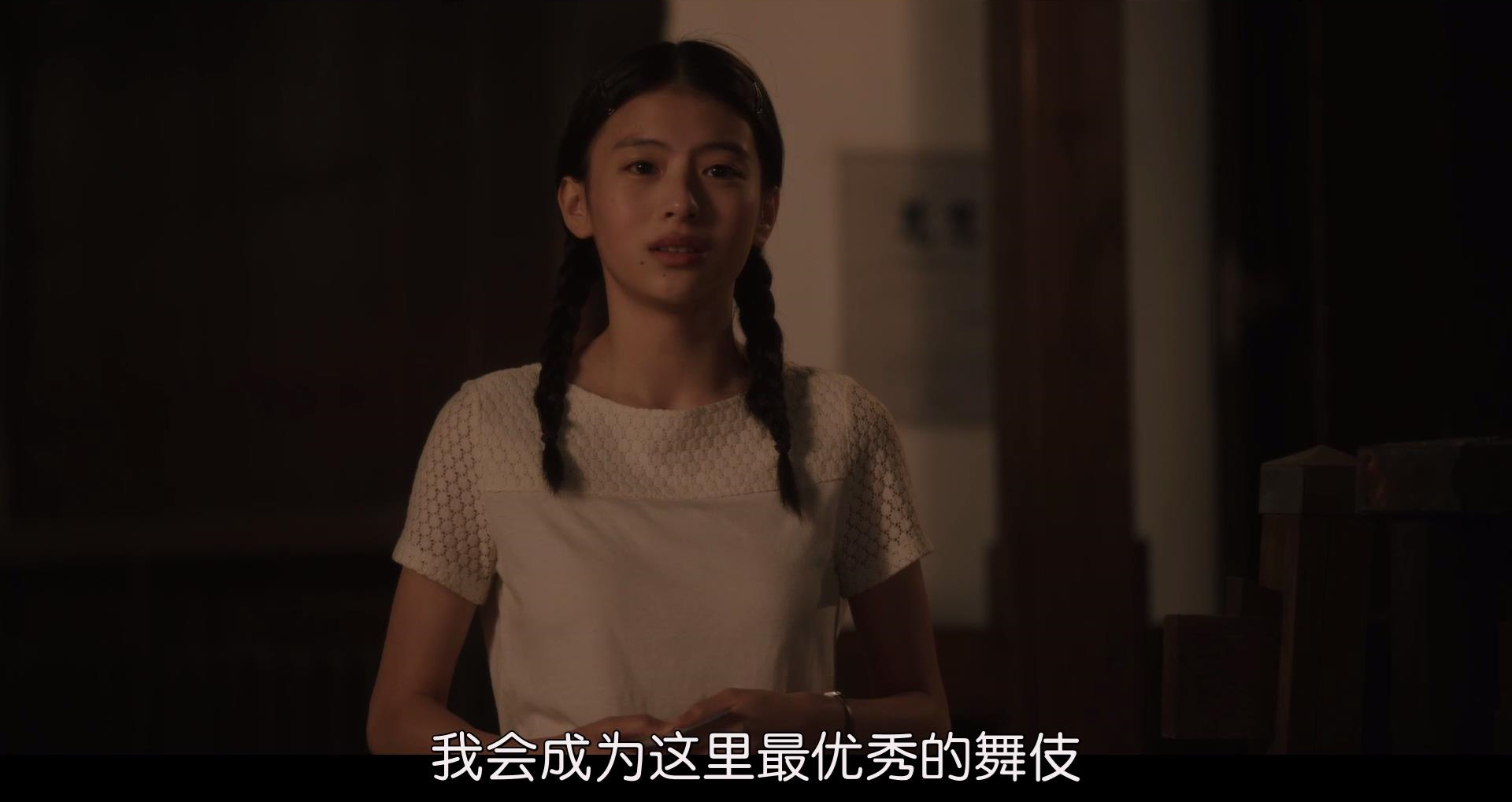
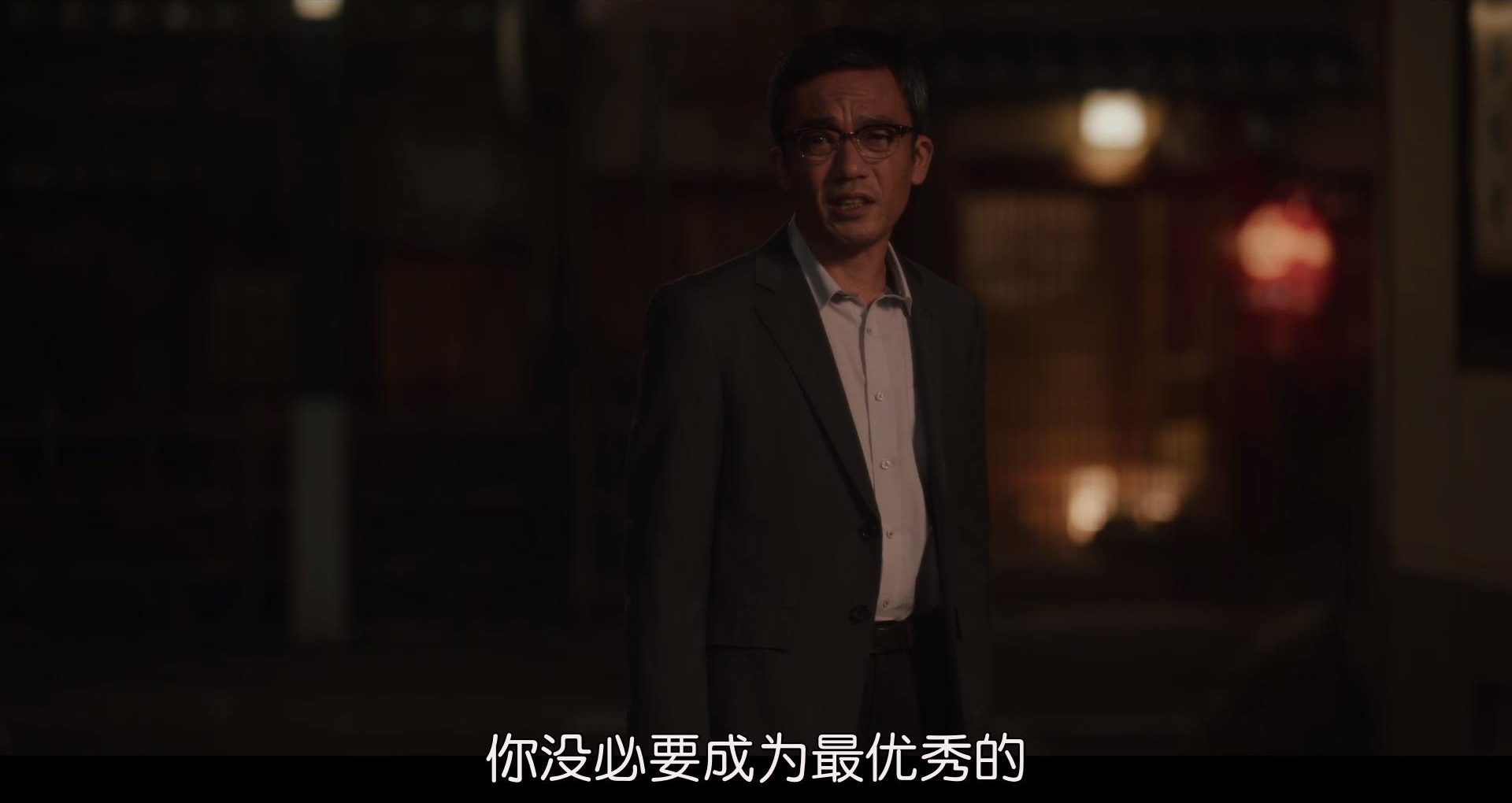
Screenshot of "The Maiko Cooker"
